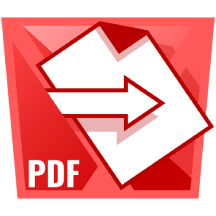
How to Succeed in the Atlassian Marketplace: Why Market Research and Data Matter
Is the Atlassian Marketplace Still Growing in 2025? In 2025, the Atlassian Marketplace surpassed 8,000 apps and 1,800+ active vendors. That’s a long way from its modest beginnings in 2012, when just 60 apps were available. But while the numbers suggest growth, a deeper look reveals a shift: Marketplace growth is slowing, competition is tightening, and app fatigue is setting in. So, what does this mean for app developers? The opportunity is still there, but success now depends on strategic thinking, data-driven decisions, and smart execution.
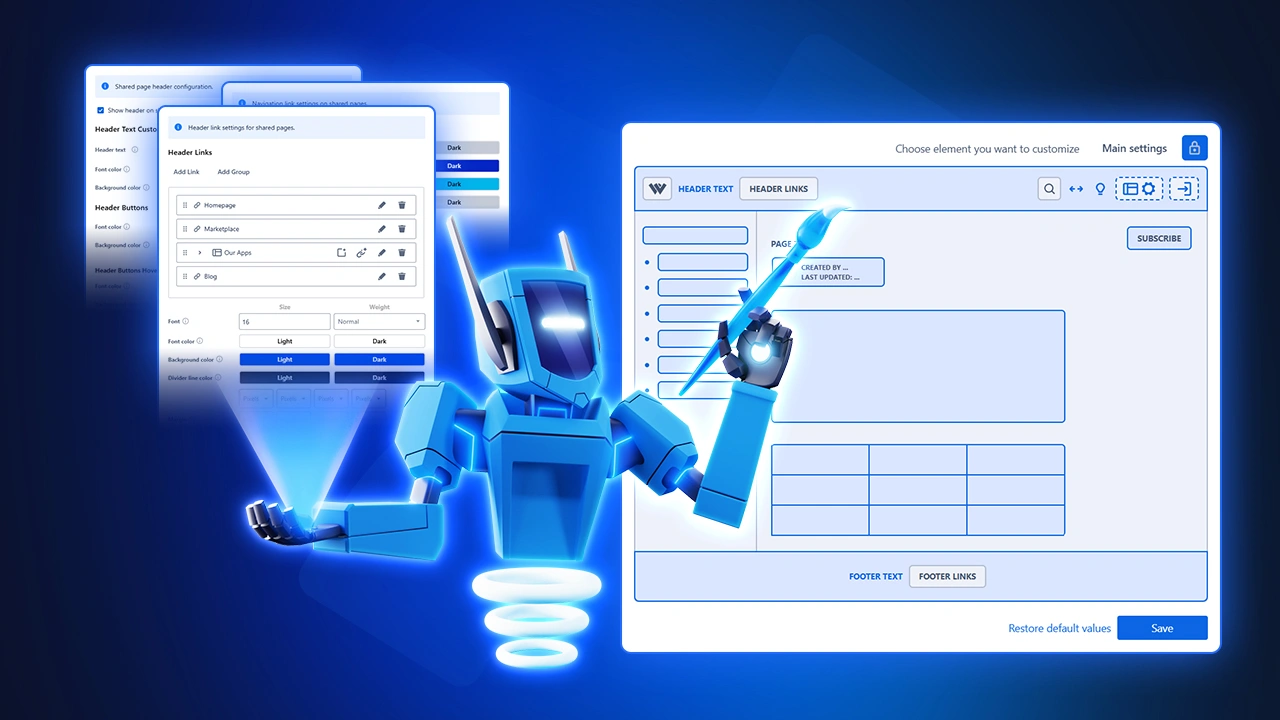
Fresh Look at Page Customization for External Share for Confluence
If you’re using External Share for Confluence, you’ll likely appreciate the recent update to the Page Customization layout in Global Settings. While not a brand-new feature, this update brings more user-friendly experience that simplifies how teams shape the look and feel of shared pages. What’s Changed? Previously, customizing shared pages involved clicking through multiple nested tabs such as General, Header, Page, Password Page, and Footer. Uploading a file, like a favicon, meant navigating through button-based selections.

Use Macros to Customize Agreements in Confluence: Contract Signatures
Are you using Contracts Signatures for Confluence to create contracts, agreements, or documents that need signatures? With our set of macros, you can build fully customized contract templates, manage them easily, and collect signatures from people who don’t have access to Confluence. Before we dive into the macros, you can check out the User Guide on how to create and use contracts in Confluence. Using Macros Together: Example Use Case Here is an example contract we just created, Service Level Agreement.
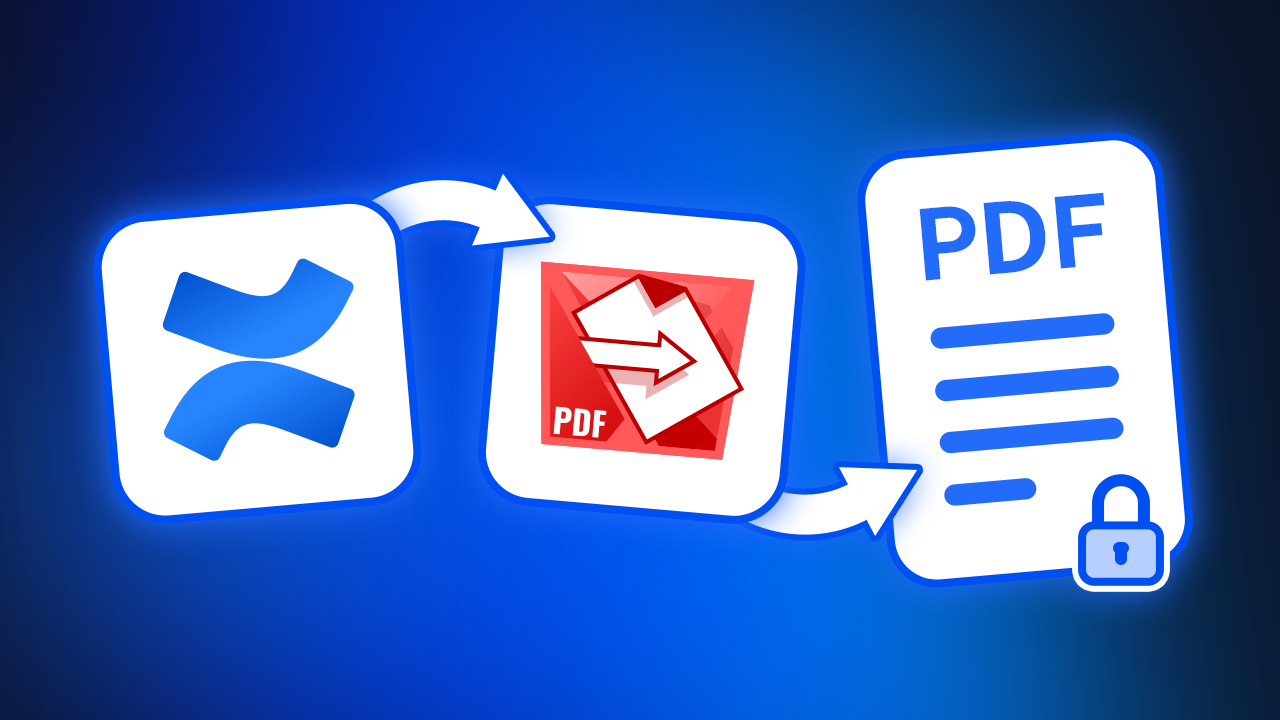
Why Export Confluence Pages to PDF and How to Do It with PDF Export for Confluence
Whether you’re documenting decisions, preparing deliverables, or sharing knowledge across teams, Confluence is where your work lives. But what happens when your pages need to leave that digital workspace? That’s where PDF Export for Confluence comes in - your solution for turning Confluence content into professionally formatted, secure, and shareable PDF documents. In this article, we explore why exporting Confluence pages to PDF matters and how our app makes it fast, customizable, and secure.
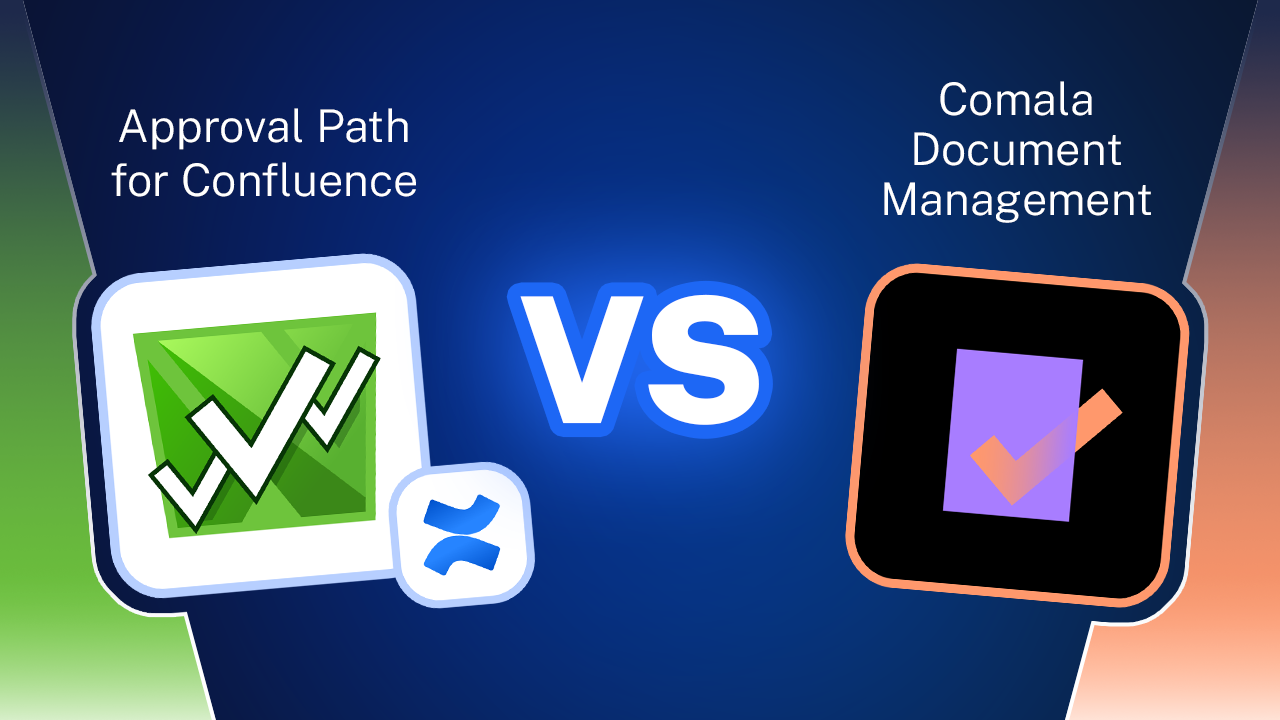
Document Approval Workflows in Confluence: Approval Path vs. Comala Document Management
Effective document workflow management is a cornerstone of successful collaboration in modern organizations. Whether it’s publishing knowledge base articles, handling legal contracts, customer-facing proposals, or internal compliance documents, having a clear, well-defined approval process is essential. Without it, teams risk publishing outdated, incorrect, or non-compliant content. Fortunately, there are convenient tools available for Confluence that help organizations streamline and control their content approval processes. In this article, we’ll explore two of the most popular apps that enhance Confluence with structured approval workflows: Approval Path for Confluence and Comala Document Management.
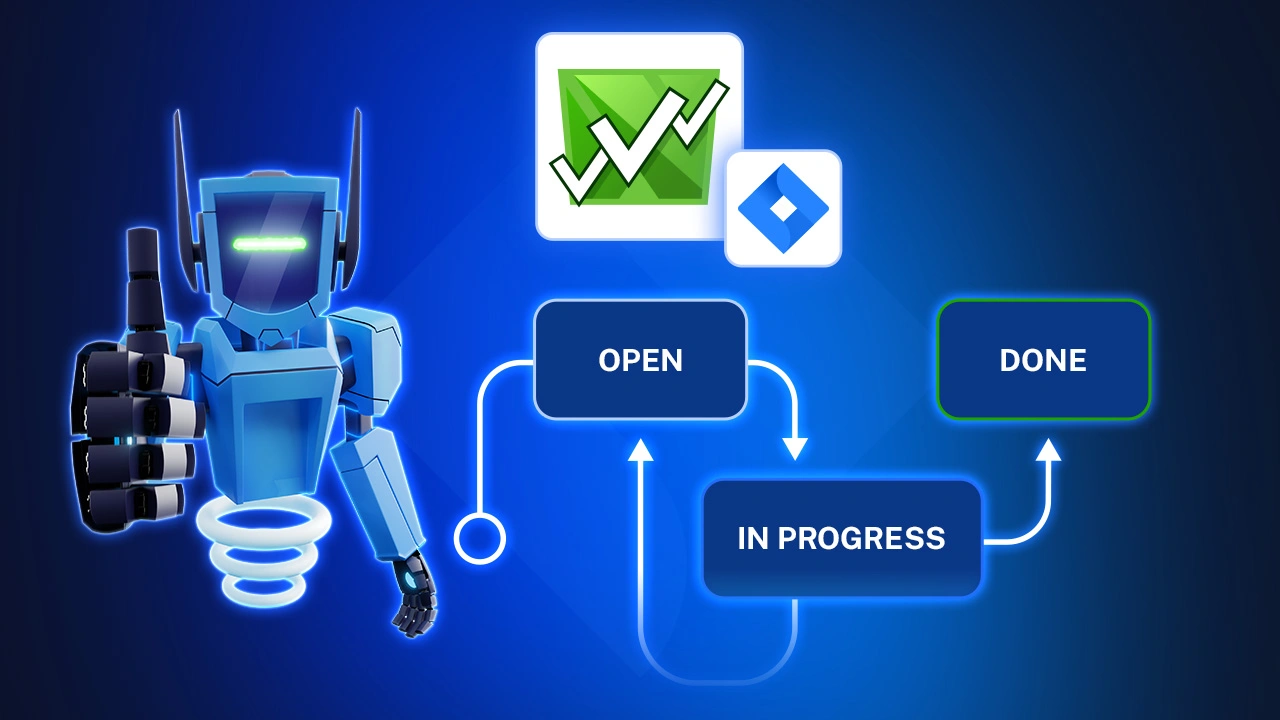
How to Connect Jira Workflows with Approvals
Approval Path for Jira X Jira Workflows At Warsaw Dynamics, many of our clients have asked how to manage approvals more effectively within their Jira workspace. In this article, we’ll explain how Approval Path for Jira integrates directly with Jira’s workflow engine and how to apply key features to a real project scenario. Jira Workflows in a Nutshell Many companies are using Jira for structured task management. Each project or team may have its own way to track and complete work.
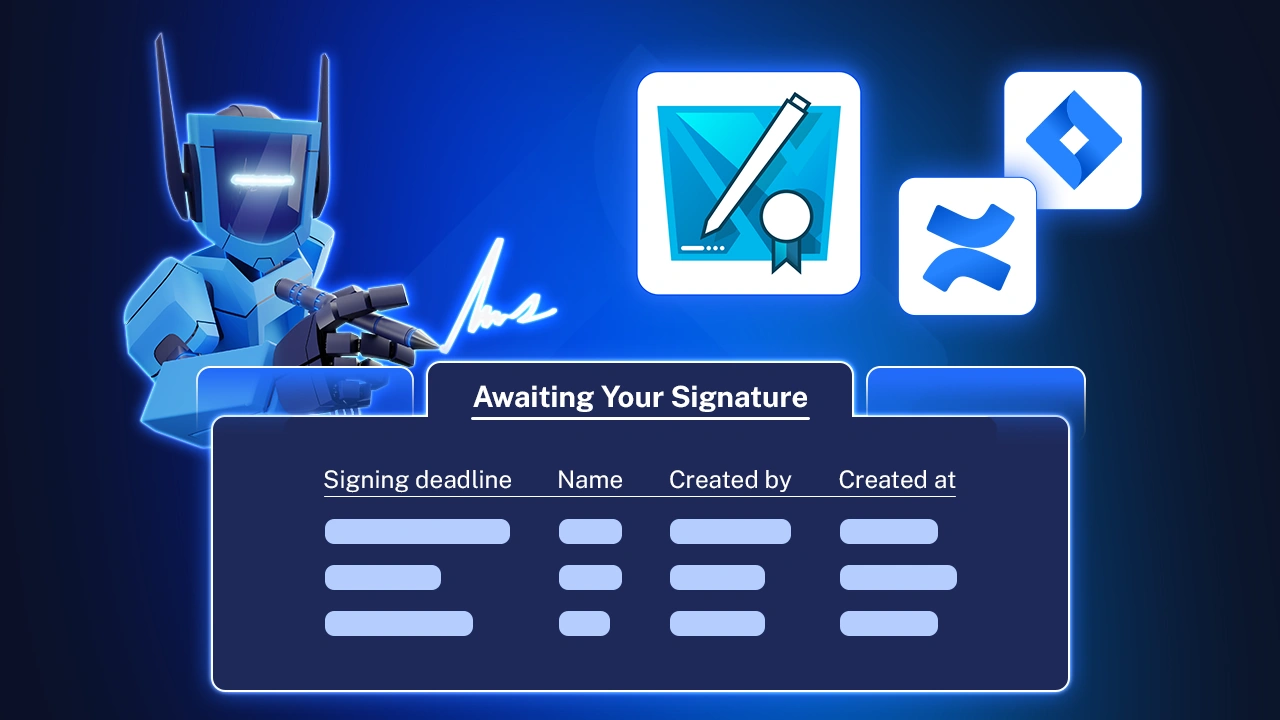
Easily Create Contracts in Jira or Confluence, Keep Track of Everything in Your Workspace
What Is Contract Signatures? Contract Signatures is an app available for Jira and for Confluence that lets teams create, send to internal users or to external user and sign contracts. Whether you’re in project management (Jira) or documentation and collaboration (Confluence), the app makes contract handling simple and connected. There are two separate apps: Contract Signatures for Jira Contract Signatures for Confluence How to Create Contracts in Jira or Confluence You can find full instructions in our documentation, but here’s a quick overview:

No Jira Account? No Problem. Here’s How to Vote on Work Items via External Share for Jira
Moving Beyond Jira’s Native Upvote Feature Voting feature helps you quickly gather feedback and prioritize work. Jira’s built-in voting lets internal users signal which work items (issues) are important by selecting the Vote button on a Jira work item. The total number of upvotes can then be seen by anyone with access to that work item. It’s simple, but limited. There’s no downvote option, and external users can’t participate.

How to Improve Content Reviews in Confluence with Approval Path
In today’s article, we’ll cover why having an approval process for Confluence pages matters, how to create your own approval process using Approval Path for Confluence , and share a real-life example from our Warsaw Dynamics team! Why Set Up an Approval Process for Confluence? Without an approval step, content can be published before it’s ready. Documents may include sensitive data, outdated information, or content that hasn’t been reviewed by the right people.
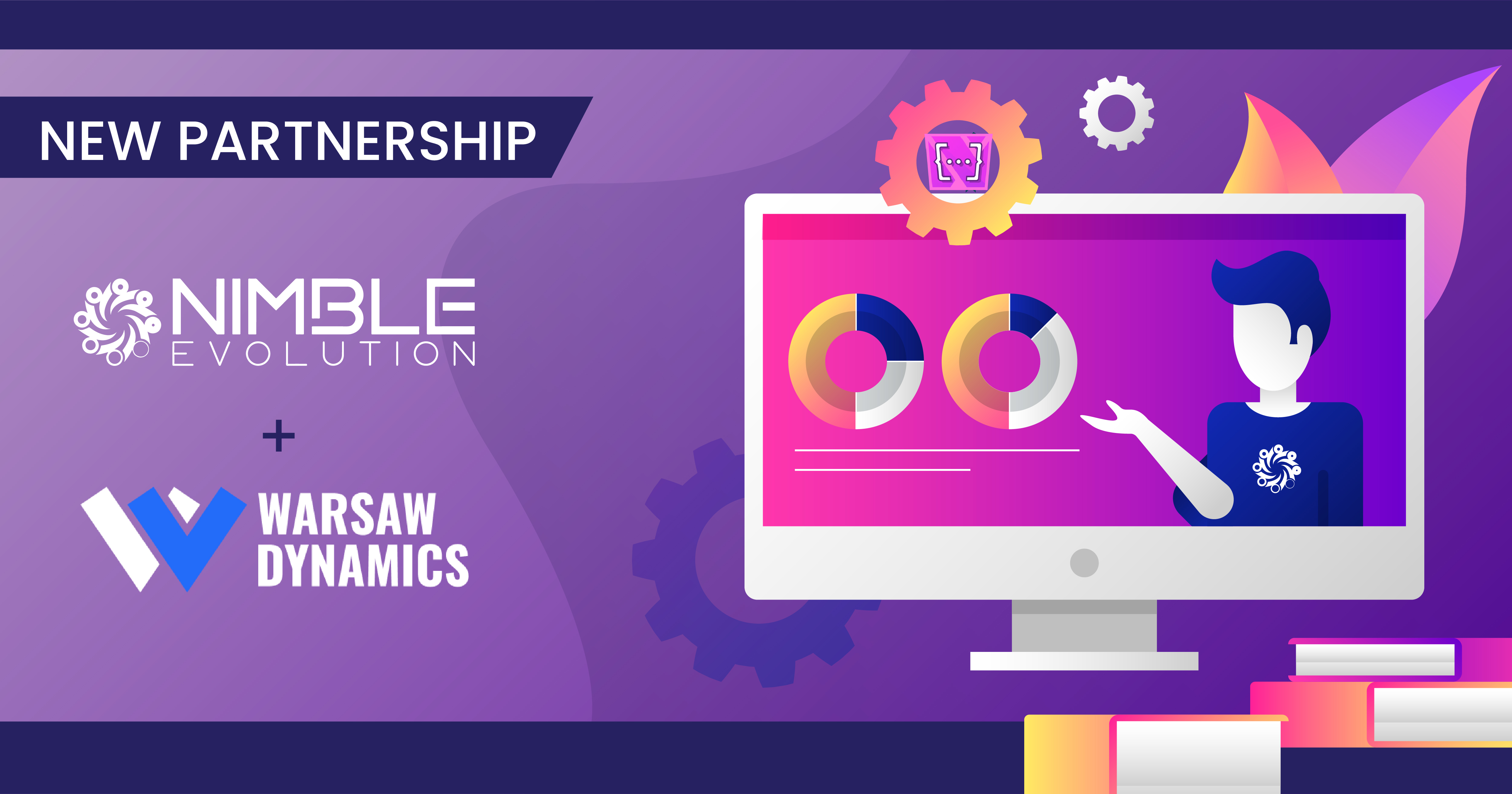
Nimble Evolution and Warsaw Dynamics: A Powerful Atlassian Partnership Driving Efficient Solutions
We are thrilled to announce our partnership with Nimble Evolution, a company that shares our passion for innovation, agility, and excellence within the Atlassian ecosystem. This collaboration marks a significant step forward as we combine our strengths to transform the way companies manage processes, collaborate, and grow using Atlassian tools. Together, we are committed to delivering efficient, customized, and high-impact solutions to organizations across the globe. Nimble Evolution: Over Two Decades Empowering Agile Teams Based in Brazil, Nimble Evolution is a trusted name in digital transformation and agile consulting.

Introducing the Drawio Macro in Macro Pack: A New Way to Visualize Your Ideas
At Warsaw Dynamics, we’re always looking for ways to enhance our apps to empower Confluence and Jira users. This time, we dedicated our focus to the Macro Pack app to give people a better visualization and documentation tool. That’s why we’re excited to introduce our latest addition: the Drawio Macro! If you’re already using Macro Pack, you know how powerful it is for embedding PlantUML, Swagger, Markdown, HTML, LaTeX, Mermaid, JSON, CSV, and AsciiDoc directly in Confluence.
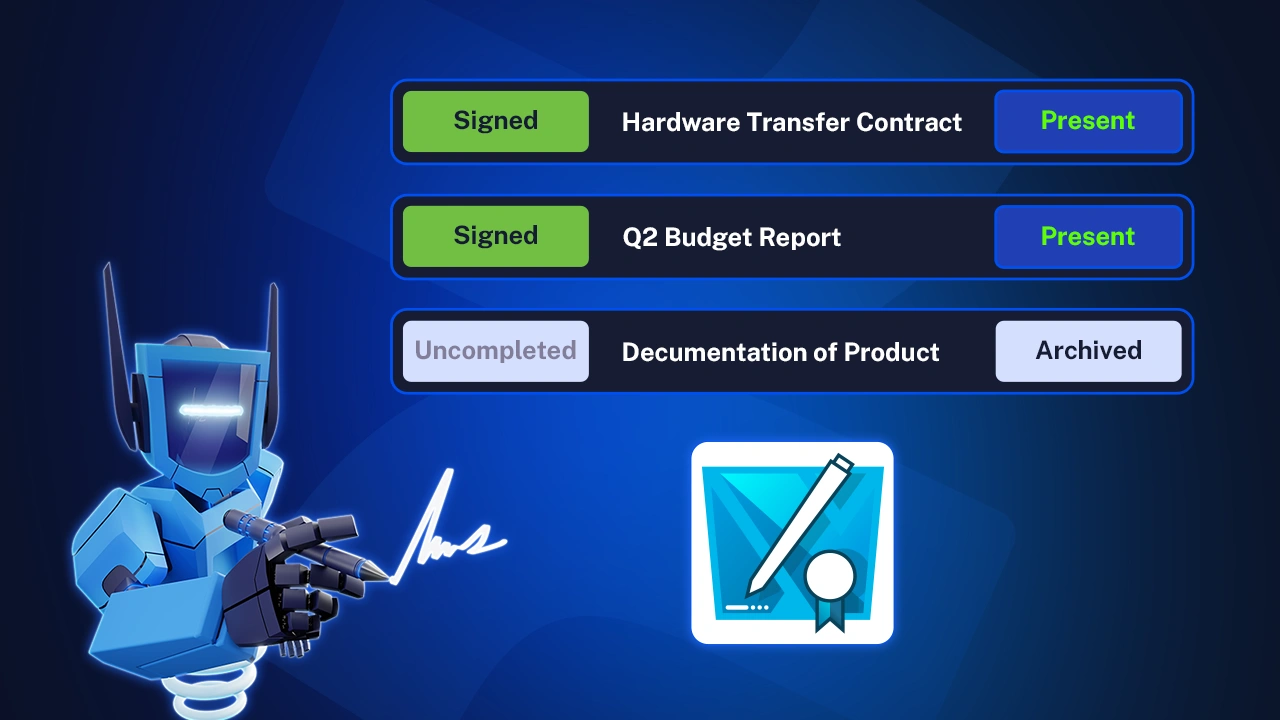
Contract Management with Contract Signatures for Confluence
Contract management is a critical part of any business. When time sensitive contracts, cross departmental agreements, and external signatories are involved, it can be nerve-wracking to keep track of everything. Yet many organizations still rely on multiple tools, disconnected workflows, and manual tracking to get signatures. Contract Signatures for Confluence removes this friction by unifying the entire contract lifecycle into a single, secure workspace—Confluence. In this article, we will discuss how our app supports efficient contract management with e-signing customization, advanced filtering, external signing access, and more.

How to Share a Loom Video on a Confluence Page Using the External Share for Confluence App
In today’s flexible, digital workspace, finding efficient ways to share knowledge and updates is crucial, especially for remote and async teams. One powerful tool you can use is Loom. Add Loom videos to Confluence to enrich documentation, share insights, give feedback to teammates, and much more. This article will guide you through how to embed and share Loom videos directly from your Confluence page using the External Share for Confluence app.

Get Your Team’s Vote in Approval Path for Jira!
Approval Path for Jira helps you build flexible approval workflows directly within your Jira environment. With this app, teams can easily manage Jira issues approvals from start to finish. You can find an Overview of Approval Path for Jira, including its key features and screenshots, on our website. Vote Step in Approval Path We recently added a new feature: Vote Step which is available in Approval Path for Jira and Confluence!

External Share is an app that we use basically every day, it's now a part of our solution
Recently, we had the pleasure of speaking with Maria Luisa Frigerio, Chief Operating Officer at DG Prolink, an Atlassian Silver Solution Partner based in Italy. DG Prolink specializes in HR management and business consulting, helping organizations implement and customize solutions tailored to their unique processes and teams. By combining deep expertise in project and process management with agile frameworks, they deliver exceptional value to their clients. One of the key challenges DG Prolink faces is securely and efficiently sharing content with external stakeholders—including clients, consultants, and partners—without adding them as users to their Atlassian platform.

Grow Your Atlassian Add-on with Ampin.app’s Market Insights
Atlassian Marketplace Analysis Leads to Success To thrive in the Atlassian Marketplace as a Jira/Confluence add-on vendor, it’s essential to understand the market landscape, customer behavior, and pricing trends to drive revenue and growth for an add-on. Many vendors struggle with questions like: How should I price my app to stay competitive? How are similar apps performing in terms of installs, trends, and user adoption? Where are customers most active, and which add-ons are gaining traction?
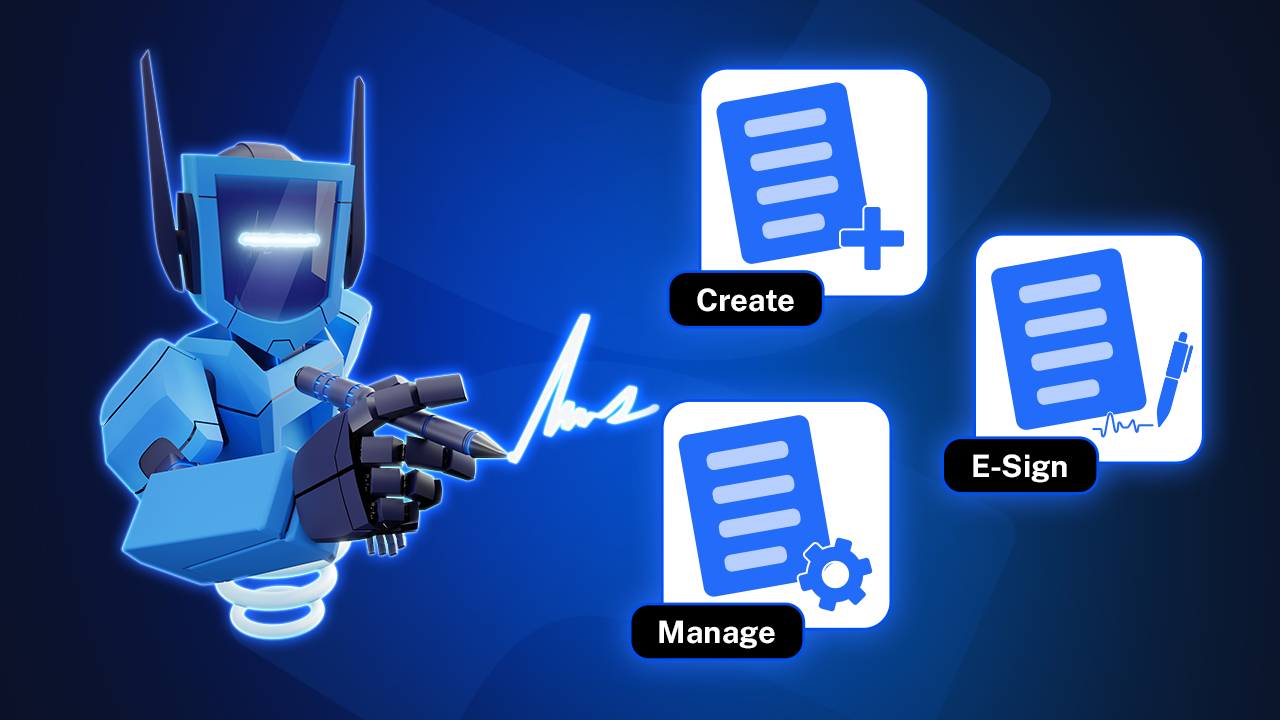
Contract Signatures: Create, E-Sign, and Manage Contracts in Confluence!
Say goodbye to scattered contract documents and complicated approval, signing processes. With Contract Signatures for Confluence, you can handle the entire contract lifecycle—from drafting to signing and storing—all within Confluence. This blog article will explain how our app helps HR teams with contract management, and provides key features for more efficient document handling. Contract Lifecycle Management There are 3 stages of Contract Signatures lifecycle. 1. Pre-Signing Contract template should be created in Confluence.
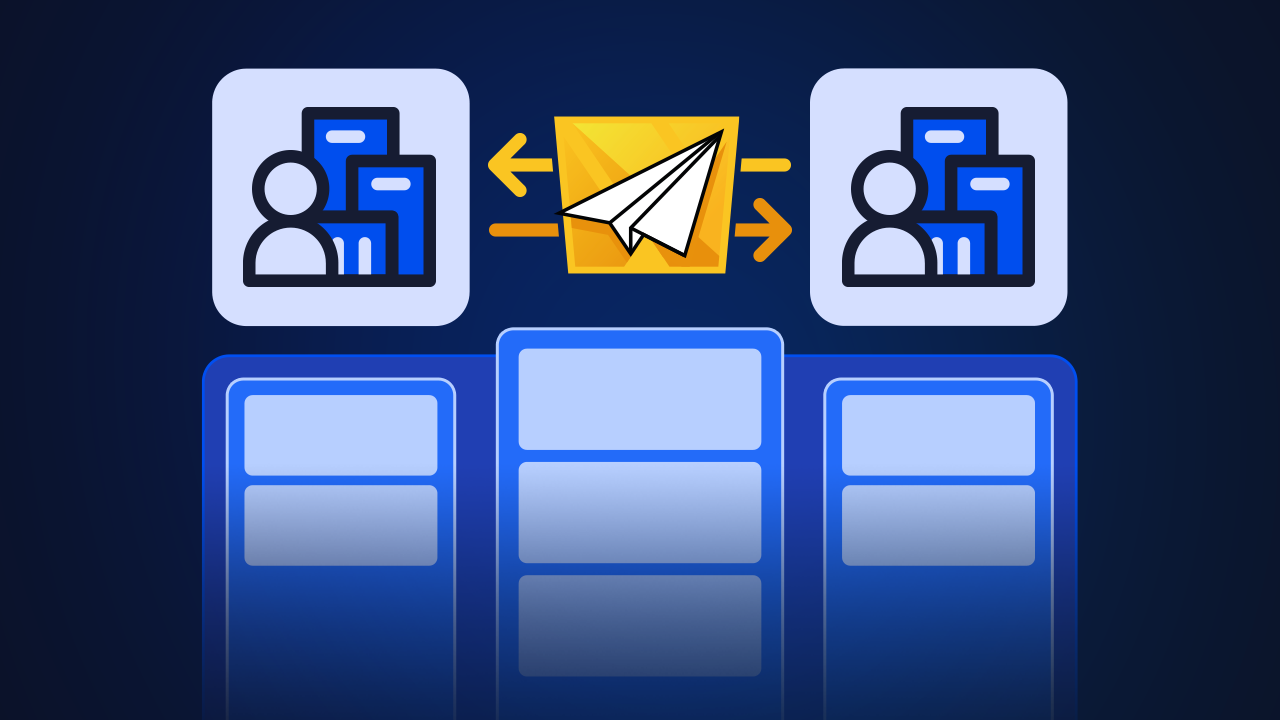
Cross-Company Collaboration with External Share for Jira
Why Jira Boards? Jira boards are workspaces that help teams manage work, track progress, and collaborate on projects efficiently. They provide a clear overview of Jira issues, statuses, and workflows, making it easier to stay organized and productive. For example, teams with larger projects or multiple workstreams, teams that practice scrum are ideal for using Jira boards. Warsaw Dynamics’ External Share for Jira lets you securely share Jira boards with clients, contractors, and external teams, even if they don’t have a Jira license.

Better Way to Handle Document Approvals in Confluence
If your company works in Confluence, you’re probably handling a lot of important documents like product specifications, technical documentation, internal policies, and more. And in the process, there’s a lot to keep track of. For example, who needs to approve it? In what order? How do you track the latest version? And what happens next? Many teams rely on emails to request approvals, but as our customers often tell us, threads of emails are a nightmare!
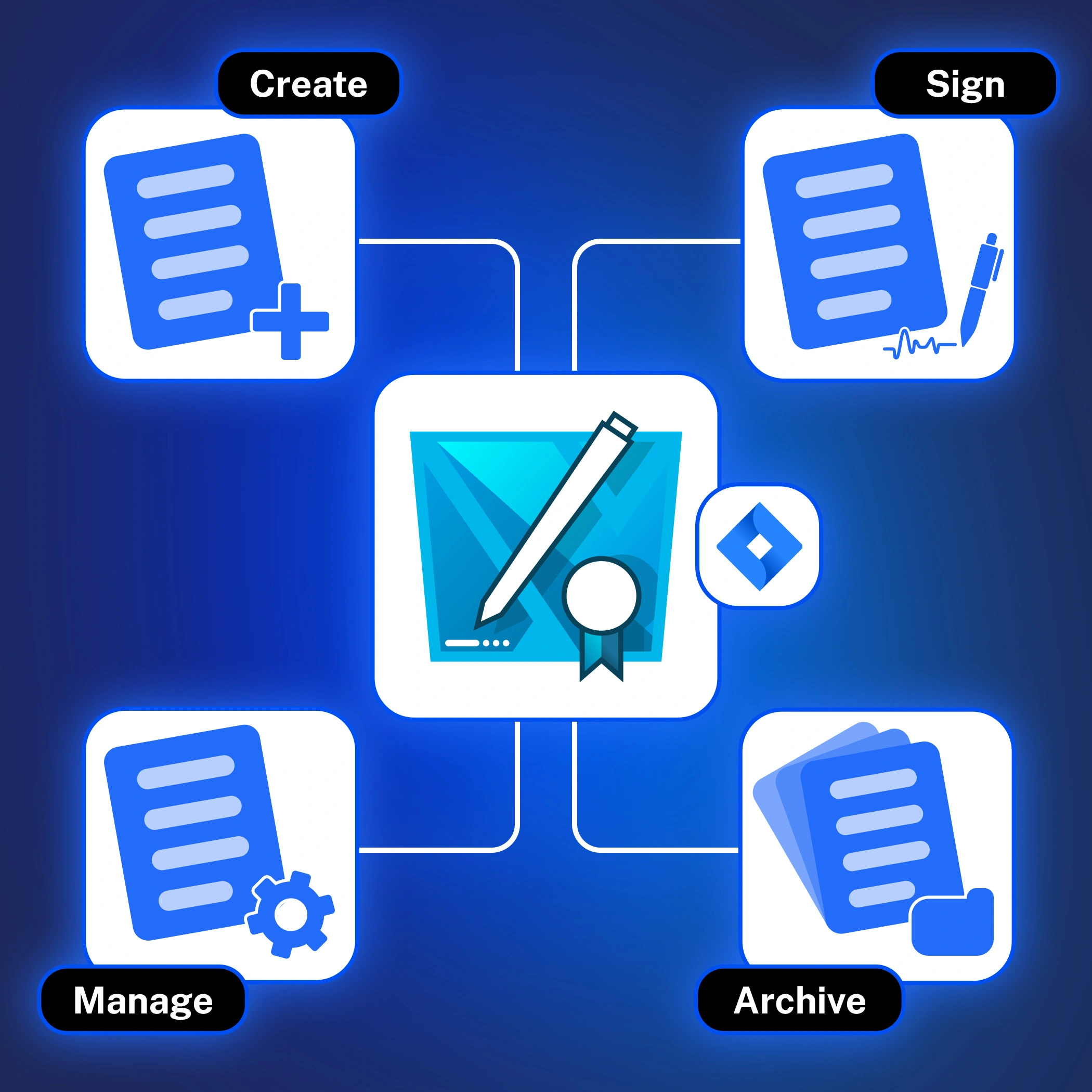
Managing Contracts in Jira Without Using Confluence
Many companies rely on Jira for their project management needs but still struggle with creating and managing contracts without jumping between tools like Confluence. What if you don’t want to use Confluence? That’s why we created Contract Signatures for Jira — an add-on designed to help teams handle contract creation, e-signatures, and management entirely within Jira. In this article, we’ll show you how our app simplifies contract workflows without needing Confluence and keeps everything in one place.

Approval Path for Jira: Product Development Workflow
Today, we are happy to introduce Approval Path for Jira , showcasing its capabilities in a Product Development Workflow use case. Organizations using Jira for development can leverage this tool to streamline and automate their approval processes! Why Approval Process is Important? A structured approval process is essential in product development, from the initial concept stage to final market release. While workflows may vary depending on the product and business objectives, this article outlines a simplified four-phase approach.
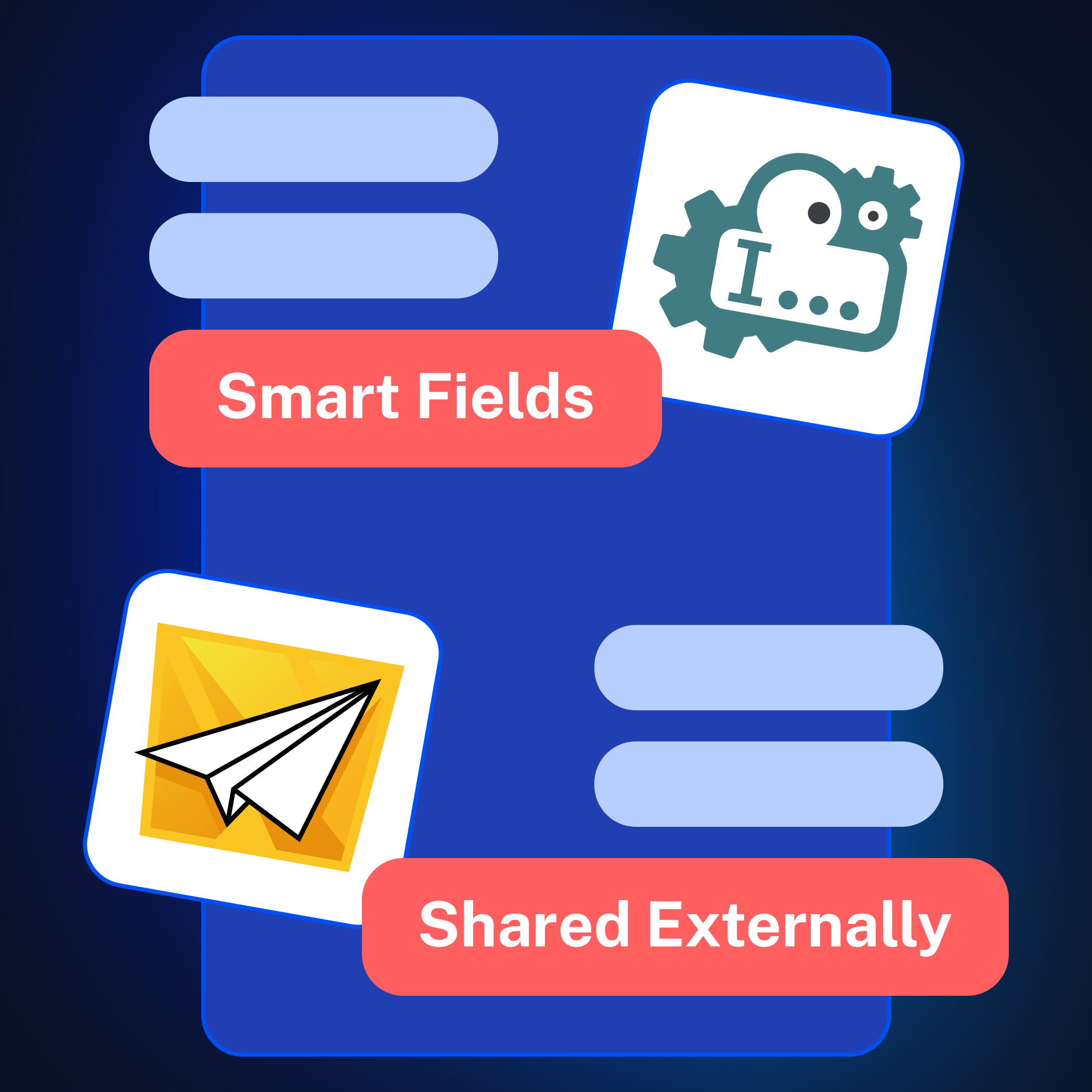
Integrating Apps for Smarter Workflows: External Share for Jira Meets Smart Fields
In today’s fast-paced business environment, apps for Jira don’t just help teams work smarter - they open the door to even greater potential when integrated. By connecting tools, you empower your team with seamless workflows, enhanced insights, and powerful automation. When we met the Decadis team, we saw an incredible opportunity to combine the strengths of our apps - External Share for Jira and Smart Fields (an app created by Decadis as a complement to their Jira Workflow Toolbox app) - to create a dynamic, user-friendly solution.

Integrate with Lango Translator: Share documents with automatic translation
Today, we’re excited to announce a new way to make multilingual document sharing easier than ever! By integrating External Share for Confluence with Lango Translator, you can now securely share your Confluence pages while allowing external viewers to read the document in their preferred language—no need for copy-pasting text into a translator! This integration empowers teams and partners to connect and collaborate seamlessly across language barriers. A Customer’s Positive Feedback When a valued customer, Mr.
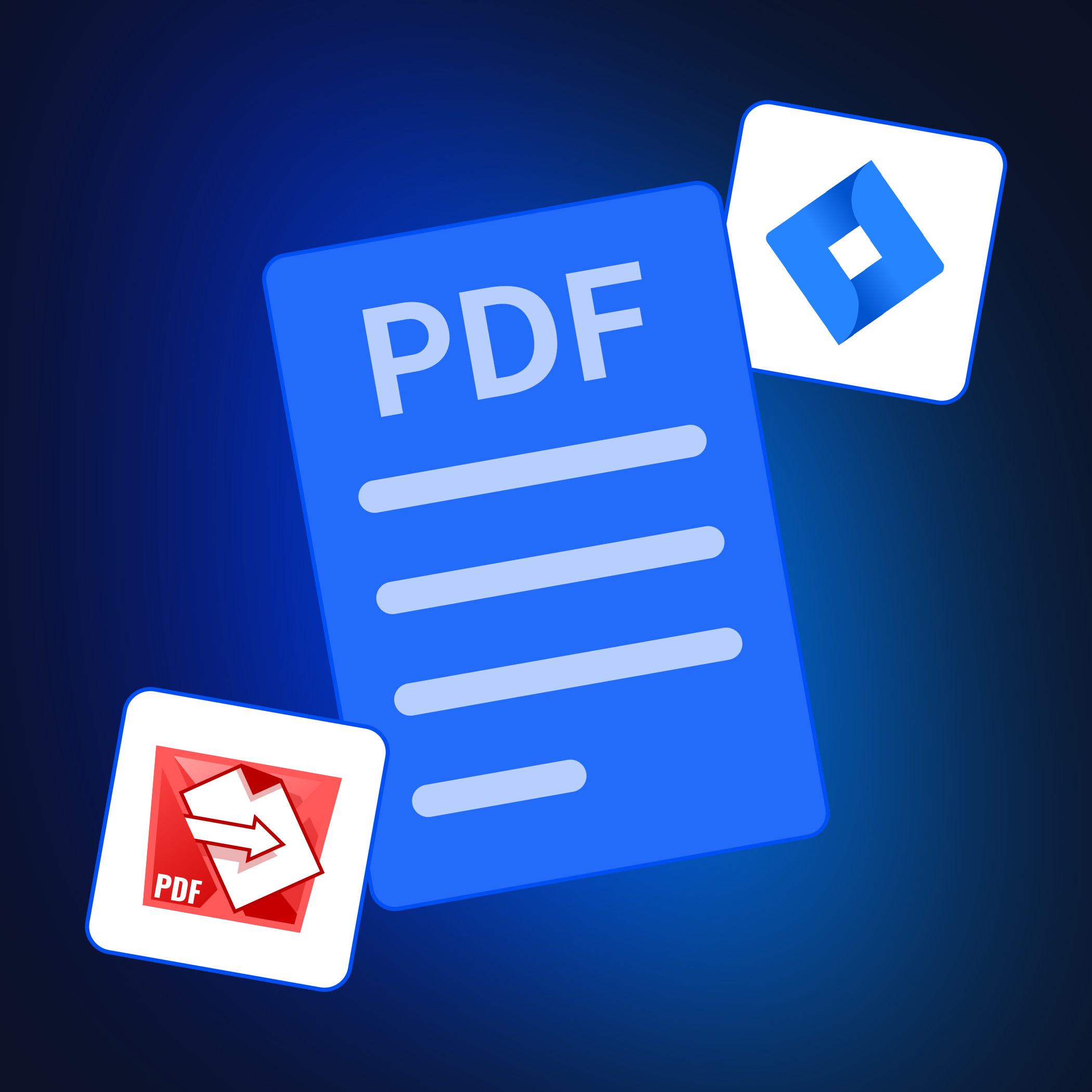
Why Export Jira Tickets to PDF and how to do it
Managing tasks, tracking progress, and ensuring seamless communication are cornerstones of efficient project management. Jira is an excellent platform for these tasks, but there are times when you need to work outside its boundaries. Whether you’re meeting legal requirements, archiving issues, or preparing documents for distribution, having a reliable way to export Jira tickets into a secure and universally accessible format is essential. Discover PDF Export for Jira, an app designed to transform Jira issues into polished PDF documents.

How to Simplify Hardware Transfer Contracts Using Confluence
Manage Contracts Easily with Contract Signatures for Confluence! Handling contracts can feel like a hassle, especially when onboarding new employees in remote or hybrid work setups. From printing and signing to scanning and emailing, the traditional process takes up a lot of time and energy. That’s where Contract Signatures for Confluence comes in. With our app, you can create, share, and sign contracts inside Confluence. No need for extra tools or long, drawn-out steps.

Now, External Share for Confluence is a part of our organization. Going back to sharing documents via email feels impossible
We recently had the pleasure of speaking with Fabio Genovese the driving force behind Artigiano del Software, an Atlassian Silver Solution Partner based in Italy. Fabio shared his team’s inspiring journey of adopting External Share for Confluence, highlighting how it transformed their process of collaboration with their customers. Watch the full interview About Artigiano del Software Artigiano del Software provides deep expertise in Atlassian products and apps to create custom solutions tailored to the needs of organizations, whether small startups or large enterprises.
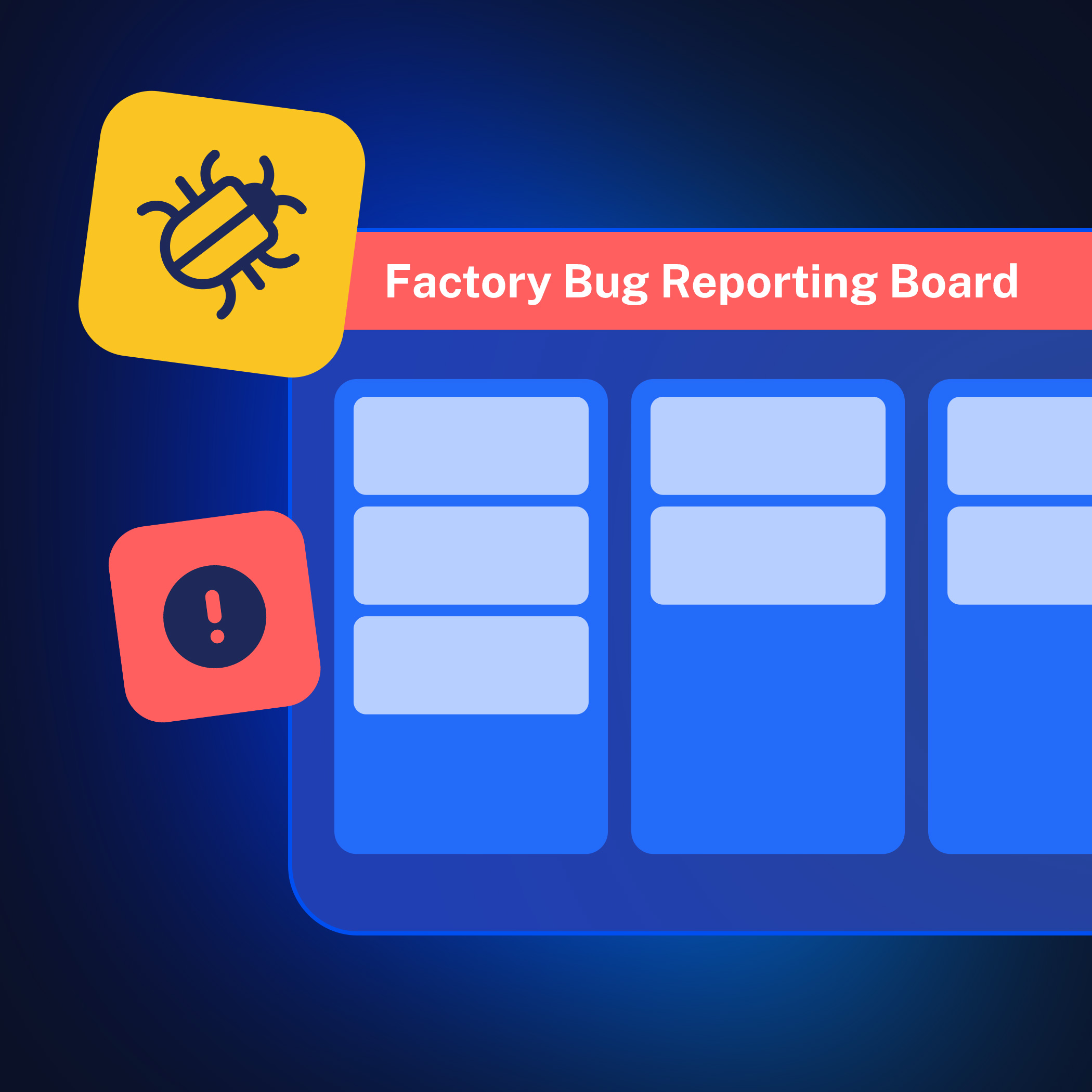
Managing bug reporting with External Share for Jira
Efficient bug management is vital for delivering high-quality software, especially when external stakeholders like beta testers or clients are involved. The External Share for Jira app simplifies this process by enabling seamless collaboration through shared Jira boards. This article explores how you can use the app to empower external users to report and track bugs directly, saving time and streamlining communication. Streamlining Bug Reporting: How It Works Managing bug reports becomes significantly easier with a Jira board dedicated to external collaboration.

Take a minute to meet Madalina Minut from Life in Codes
We had the pleasure of interviewing Madalina Minut from Life in Codes to discuss their experience using External Share for Confluence. Madalina shared valuable insights into how the app helped streamline their work during a high-stakes event. About Life in Codes Life in Codes is on a mission to help organizations of all kinds work more productively. As an Atlassian Solution Partner active across Romania, Estonia, Belgium, the UK, and the UAE, their team supports clients ranging from startups and SMEs to large enterprises like SWIFT, government organizations such as the European Commission, and global logistics providers like DHL.

Build a Smarter Workflow with Approval Path for Confluence
Review Confluence Page Efficiently Does your organization require Confluence page approvals for documentation reviews or content management purpose? Implementing an approval workflow in Confluence involves defining specific states that a page transitions through during its lifecycle. These states help manage content creation, review, and publication processes. While Confluence doesn’t offer a built-in approval workflow feature, you can establish a structured process using Approval Path for Confluence, an add-on developed by Warsaw Dynamics.

Looking Back at 2024: Unlocking New Dimensions
With the year coming to an end (it’s only a few hours left until we say goodbye to 2024!) we think it’s time to summarize the last year - filled with growth, innovation, and collaboration. At Warsaw Dynamics, this year has been about unlocking new dimensions for our customers, team, and community. Here’s how we made 2024 unforgettable. Customer-Inspired Innovation Your feedback is our blueprint for progress. Throughout the year, we continued to refine and enhance our apps, ensuring they meet your evolving needs.

Merry Christmas and Happy Holidays
The holiday season is here, and we at Warsaw Dynamics want to spread some cheer your way! This year, our beloved mascot, JES, has a special treat for you: a unique carol to bring smiles and festive vibes. We hope you enjoy this fun and heartwarming performance - it’s our way of saying thank you for being part of our journey this year. Below, you’ll find the lyrics to JES’s carol so you can sing along and join in the holiday fun.

Using External Share for Confluence app with Google Forms
Confluence is a potent tool designed for creating and sharing content within teams and organizations. Its effectiveness is further enhanced by an impressive array of macros and apps that expand its functionality. Among these is the iframe macro, which allows users to embed external content - such as web pages or forms from third-party applications - directly into Confluence pages. This feature becomes even more potent when used with the External Share for Confluence app, which fully supports the iframe macro.

Life in Codes Partnership Announcement
In today’s fast-evolving landscape, collaboration is often the key to unlocking new opportunities. Keeping that in mind, Warsaw Dynamics and Life in Codes are thrilled to announce a new strategic partnership that brings together two forward-thinking organizations with a shared commitment to providing exceptional solutions for teams and businesses worldwide. Together, we aim to deliver a comprehensive suite of tools and services that empower our clients to achieve their goals more efficiently and effectively.

The Ampin App - Amplify Your Atlassian Insights!
Ampin is a free, web-based analytics tool for the Atlassian Marketplace, designed to amplify your insights into the ecosystem. Whether you’re a marketplace partner, solution partner, Atlassian admin, or financial researcher, Ampin delivers valuable data and insights for your business strategy and vision. Looking to expand your career with Atlassian-focused companies and partners? You can also explore job listings right here! What Ampin Offers? Comprehensive Analytics Ampin provides data on add-ons, vendors, costs, and installs.

From Beach Bliss to Metro Mayhem: Hendrik's Journey Through Web Summit 2024
Every great adventure begins with a moment of calm before the storm. For me, that calm was a sunlit beach in Ericeira, the day before Web Summit 2024 kicked off. Waves, blue sky, our beloved dog by my side, and the quiet realization that I was about to step into one of the most intense, inspiring days of the year. A huge thank you to Warsaw Dynamics for making this opportunity possible - I wouldn’t have been here without them.

RTE Summit 2024 in Amsterdam
We recently had the pleasure of participating in the 10th edition of the RTE Summit, hosted by the Gladwell Academy in the vibrant and beautiful city of Amsterdam. Held on November 5-6, this event was an incredible opportunity for our team at Warsaw Dynamics to connect with a dynamic community of Release Train Engineers, industry thought leaders, and innovators. As proud sponsors, we were thrilled to engage with so many of you in person, exchange ideas, and showcase our solutions.

Keep External Stakeholders Updated: External Share for Jira
When working with clients or third parties who don’t have direct access to your Jira workspace, it’s important to be transparent about project progress. However, it’s also crucial to protect the sensitive information. With External Share for Jira, you can securely share updates and manage access for external stakeholders. We would like to introduce some helpful features, including Exclude Content Macro, setting up Single Sign-On (SSO), configuring a custom domain, and sharing project boards.

Introducing Success & Rejection Steps
At Warsaw Dynamics, we are continually refining Approval Path based on our customers’ feedback, so we can make their workflow flawless. We have introduced Rejection Step previously, and now we have released the Success Step for both Approval Path for Jira and Confluence. In this post, we will explain what these steps are, with some use cases, showing you how they can help Approval Path process more efficiently based on the application version for Jira.

SSO Verified Domains: External Share for Confluence
In this article, we are excited to introduce a new feature in the External Share for Confluence. This feature allows you to verify a domain by adding a TXT record at the DNS level, which is generated by our tool. After verifying that the record is set correctly on the domain, we are assured that the user who set up SSO also has access to the designated domain. This allows users to skip email verification when registering with Single Sign-On (SSO).

Gladwell Academy - Partnership Announcement
At Warsaw Dynamics we understand the value of cooperation, that’s why we are thrilled to announce a new partnership between Warsaw Dynamics and Gladwell Academy, a global leader in Agile training, coaching and consultancy. We are excited to join our forces and make a significant step forward in our mission to empower teams and organizations with the tools and knowledge they need to excel in today’s fast-changing digital environment. Warsaw Dynamics partnership with Gladwell Academy
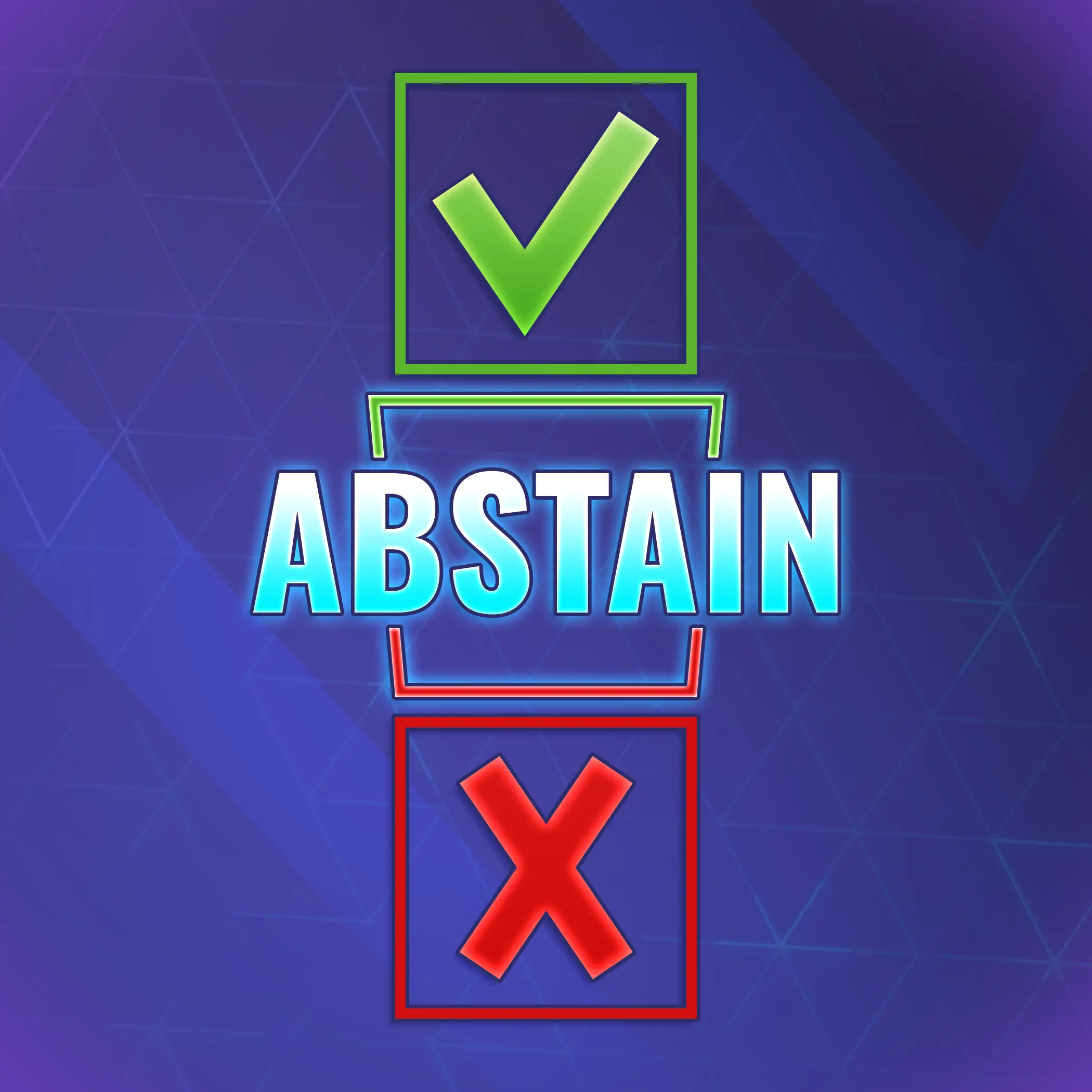
Understanding the Abstain Feature in Approval Path
When it comes to decision-making, there are times when we don’t want to give a definitive “yes” or “no.” Based on our customer’s request, we have launched a new feature in Approval Path: Abstain option. This option is working on both Approval Path for Jira and Approval Path for Confluence. The term ‘abstain’ means to stay neutral in a decision. This option allows you to opt out of a vote without siding with approval or rejection, which can be useful in several situations.

API Capabilities for Approval Path
Approval Path made the approval process so much easier. Still, there are ways companies can do more to improve business efficiency and connect with other tools. With our Approval Path for Jira or Approval Path for Confluence, you can easily generate API Keys from the global setting and customize to suit customer needs. API mechanism applies same to both, but the only difference is that in Jira, approval runs in the issue context.

The Notifications Feature and How to Use Them in The Approval Path for Jira
We’d like to introduce a great feature in Approval Path for Jira & Confluence designed to streamline your approval processes: additional notifications. This feature ensures that users are promptly reminded to take action on their approval steps, enhancing efficiency and accountability within your team. Here’s how it works with the example of Approval Path for Jira and how it can be used. You have a new notification How Notifications Work With the notifications feature in Approval Path for Jira, users can send reminders through either Jira or direct email notifications.
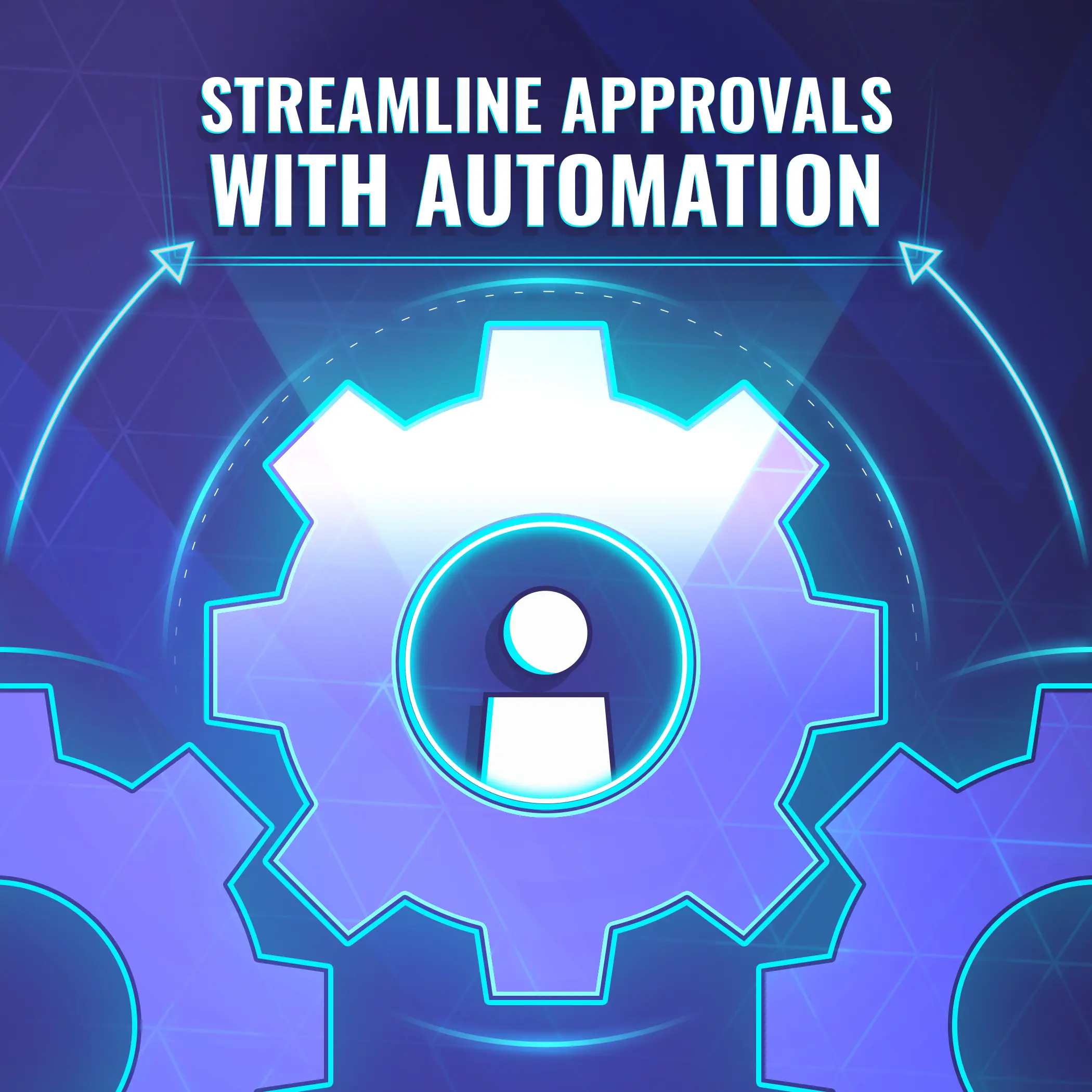
Make Approval Path for Jira Processes Easier with Automation
Previously, Automation required technical expertise and the use of APIs. Based on the feedback of our customers, we have launched a new feature called ‘Automation’ in Approval Path for Jira , which enables us to skip semi-tech steps to set it up. With just a few clicks, we can save your time and reduce human errors by using Automation feature! Automation step for Approval Path Introducing new features of Automation The newly added Automation step can be performed at the definition level, which means specific automation settings can be applied to any kind of project as long as rule applies to the project.

A Strategic Approach to Software Deployment with External Share for Confluence
The deployment of new software solutions in a corporate environment is often filled with challenges, especially when it involves coordination between internal teams and external partners. This was the scenario at DeltaTech, where the deployment of a project management tool needed cooperation from multiple sides. Through this blog, we explore how DeltaTech, a hypothetical company, once again utilized External Share for Confluence to turn its challenges into a success story.

Almarise - Partnership Announcement
Here at Warsaw Dynamics, we understand that collaboration is the cornerstone of innovation and success. That’s why we are thrilled to announce our strategic partnership with Almarise, a distinguished Atlassian Partner. Both companies, Almarise and Warsaw Dynamics, are Platinum Marketplace Partners. This collaboration marks a significant milestone for us, combining our innovative apps with Almarise’s exceptional service offerings to deliver unparalleled value to our customers. This partnership became a game changer based on what we as Warsaw Dynamics bring to the table with our cutting-edge apps designed to enhance productivity, streamline workflows, and drive efficiency.
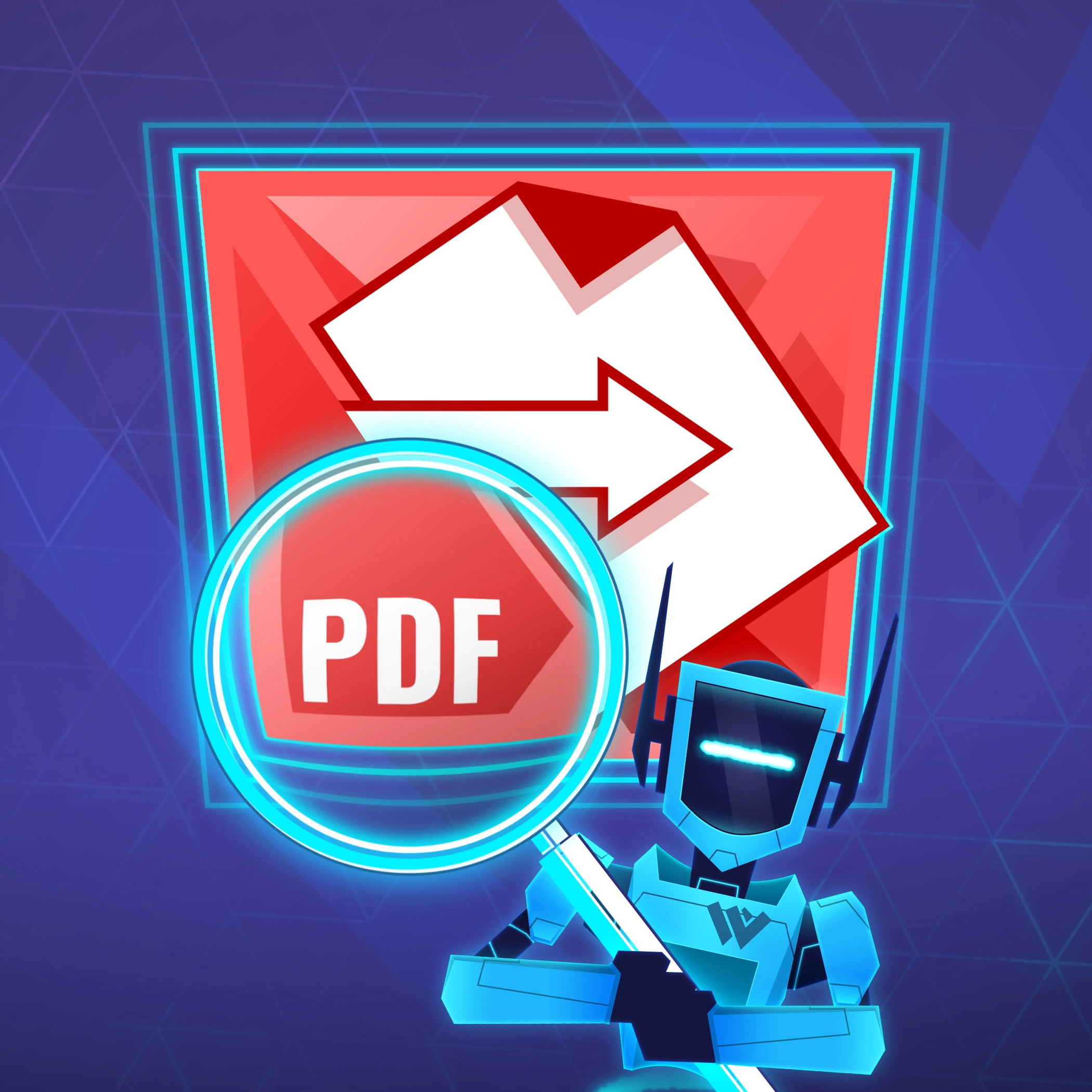
A quick Overview of PDF Export for Jira
PDF Export for Jira Efficiently sharing information from Jira is essential for maintaining clear communication and seamless project management. PDF Export for Jira addresses this need by enabling users to share their tickets in a signed PDF format. Whether you’re updating a client on project progress or preparing for a compliance audit, PDF Export for Jira ensures that all ticket details, including comments and history, are captured securely and comprehensively.

New Horizons: Warsaw Dynamics' Journey Post-Partnership
The journey Warsaw Dynamics has embarked on a new chapter following its separation from Old Street Solutions (OSS) in a significant shift within the Atlassian marketplace tech ecosystem. This partnership once saw OSS handling marketing, sales, and other operational aspects for Warsaw Dynamics products like External Share for Jira , External Share Confluence , and Contract Signatures ( For Jira , For Confluence ). This change came after OSS’s acquisition by Tempo.
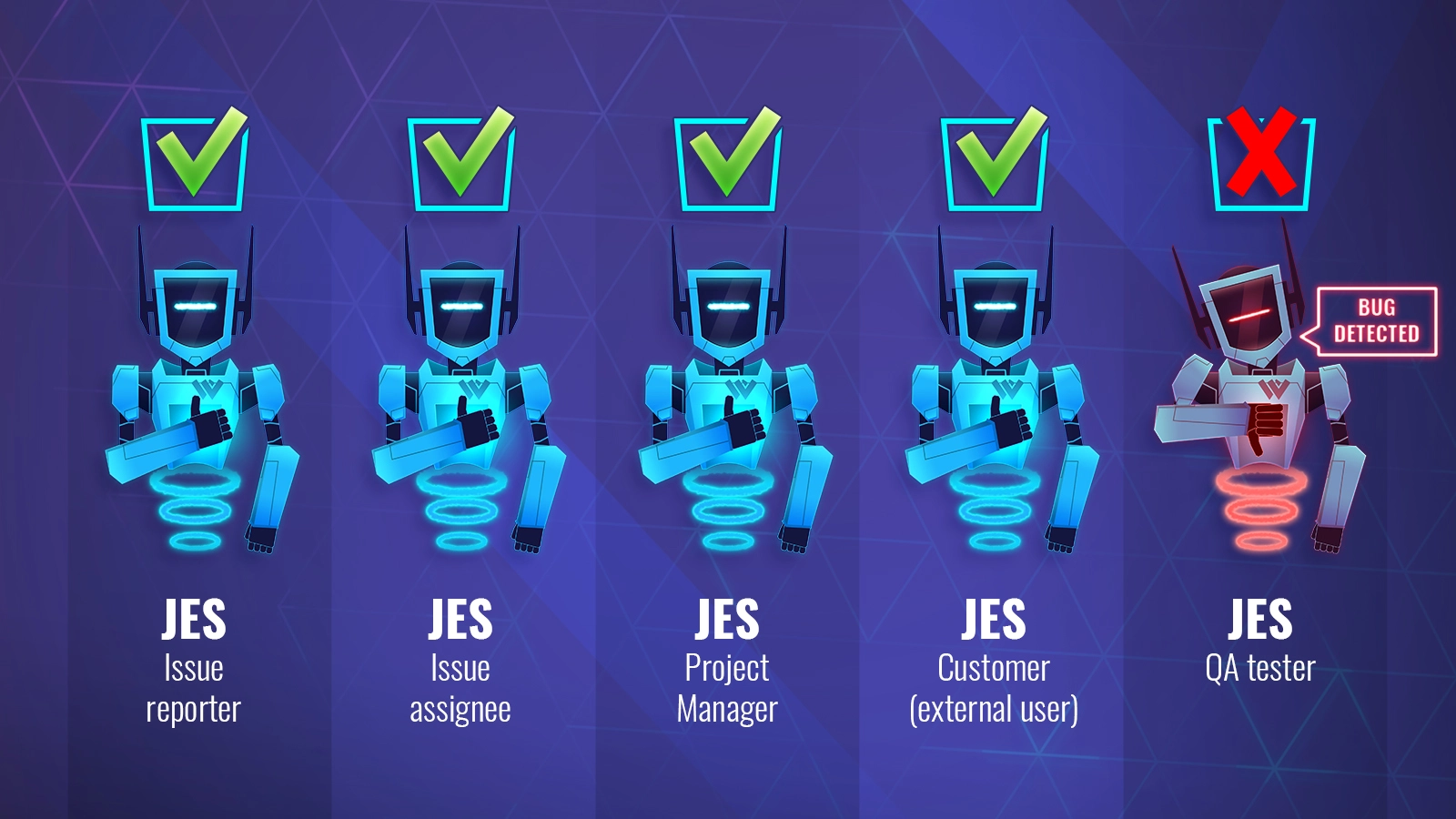
Approval Path for Jira vs Herzum Approval
For people running or being a part of a project, especially a bigger one, it’s obvious that each project is a multi-step process. Each step often requires approval (or various approvals) before proceeding to the next one. For example, when an advertising agency is preparing a campaign for a customer before graphic designers can create visualizations, concepts must be proposed, selected, and approved by the creative team, project manager, and client.

Product Development with Approval Path for Confluence
JES Factory product developers have been tasked with designing new products for the catalogue. Given the complexity of the job, they turned to the Approval Path for Confluence to efficiently coordinate their work with other departments to make sure the product checks off all the boxes. The Journey of the Product Development Lifecycle Ideate and Document the Product Concept The conceptualization team is the first to engage. Organizing and refining their ideas can be chaotic.

JES - Our Brand Hero
You may have noticed that we had a new friend among our ranks for the last few months. You may have seen him on our LinkedIn , in our extensions or during the events. His name is JES and he’s our dynamic robot mascot. With lightning speed and precision, JES embodies efficiency and agility, always ready to assist as your faithful companion in the digital realm. JES symbolizes collaboration, effortlessly integrating into workflows to streamline processes and deliver optimal results.

Enhancing Bug Reporting to External Developers with External Share for Jira
Today in JES’s Factory things are not going smoothly. The CNC machines have a hard time communicating with the server after a recent software update. The developers can’t figure out the issue on the Factory’s end, so the only option is to get in touch with the hardware company. Fortunately for them, the CNC provider uses External Share for Jira to swiftly communicate such issues. The Factory can report and fix issues faster by using a secured link with the JES Factory developers, bypassing the customer portal and waiting for a CS representative to create an issue.
Redefining Partnerships in the Atlassian Ecosystem
From Warsaw to Wrocław - 100 bridges to explore Partnerships reinvented In the dynamic world of the Atlassian ecosystem, partnerships are constantly evolving. Beyond the familiar territories of “solution partner” and “marketplace partner” lies a vast expanse of untapped potential. The journey of discovery often starts with some reflective questions: Are we focused on growth? Is solving customer problems our ultimate goal? How can we mutually benefit as two vendors?

Streamlined Financial Approvals in Jira
In the financial sector, where precision and compliance are paramount, approval processes have often been the bottleneck, stalling financial transactions. Enter Approval Path: the Jira extension transforms the cumbersome task of obtaining financial approvals into a streamlined, transparent, and swift process. The Challenge of Timely Approvals Imagine a scenario where a finance team is scrambling to get an unbudgeted software update approved. In a traditional setting, this would involve a series of emails, manual tracking of approvals, and constant follow-ups, leading to an agonizing wait - sometimes days - for a green light.

How-to: create your own financial approval with the Conditional feature
The Conditionals feature for the Approval Path creates many possibilities for more complex automation. With it, you can control processes without wasting time and energy analyzing what should happen next. You can set it up once and forget about manual management of approvals. One of the setups we know is often used is financial approval. Let’s look at a scenario: The marketing team needs a new camera and photo editing software budget.

Navigating Feature Deployment with Approval Path for Jira
OrbTech, a hypothetical mid-sized tech company, is deploying a new feature. The recent development of a new functionality takes many steps and requires cooperation from multiple departments. Let’s dive into their journey, highlighting how the Approval Path for Jira played a pivotal role. Creating the feature Maya, the dev lead, initiates the first approval request using Approval Path within their Jira system to ensure the new feature meets OrbTech’s initial standards and requirements.

Conditionals Feature in Approval Path
The new Conditions feature for improving workflow and approval management is here! The introduction of conditional approvals in Approval Path opens up a world of possibilities for project management. By integrating the power of Jira expressions and the Jira REST API, this feature offers a dynamic, adaptable approach to project management that fits perfectly with your unique operational needs. Tailored Approvals for Every Scenario The Conditions feature in Jira allows for a high level of customization in managing project workflows.

Reflecting on Our Platinum Journey: A Blend of Pride and Perspective
As we celebrate our ascent to Platinum Marketplace Partner status within the Atlassian ecosystem, the moment is ripe for both recognition and reflection. This milestone is a testament to our relentless pursuit of excellence and innovation in enhancing the Atlassian ecosystem. “Looking at the efforts our company invests in developing products that enhance Atlassian systems, we take pride in achieving the esteemed status of Platinum Marketplace Partner.” shares Kamil, one of our Founders.
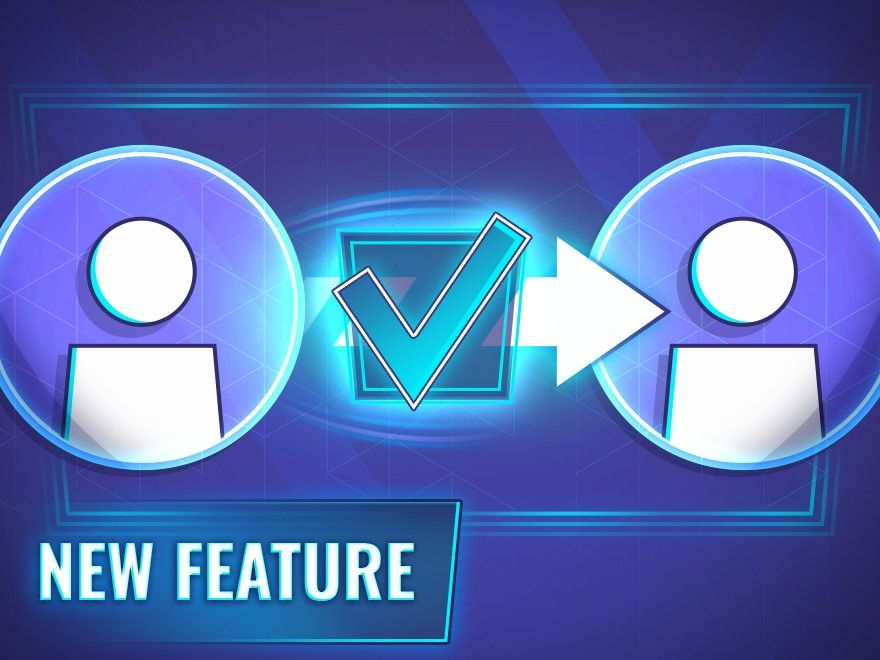
Delegate your approval steps in Approval Path
Approval Path for Jira: Elevate Your Approval Game Gone are the days when Jira’s built-in approvals left you wanting for more. With the new feature for the Approval Path Jira extension, the approval process is now streamlined, intuitive, and packed with features that will redefine how you manage approvals in your projects. What’s New? The Delegation Feature! Picture this: You’re on vacation, but an important approval awaits your nod. With the Delegation feature, you can now delegate your approval responsibilities to another user.
Sharing Without Oversharing: Tailored Transparency for External Boards
Table of Contents Before We Dive In Configuring the Board to Exclude Backlog Adding Their Issues to the Active Board Scrum Board Automation Kanban Board Automation Conclusion Additional Resources Connect with Us on LinkedIn In the realm of agile collaboration, the devil is in the details. Balancing transparency with privacy is akin to a tightrope walk. Walk it with confidence. With External Share for Jira, we ensure that external collaborators see only the active tasks and their contributions, keeping the backlog discreetly tucked away in the shadows.
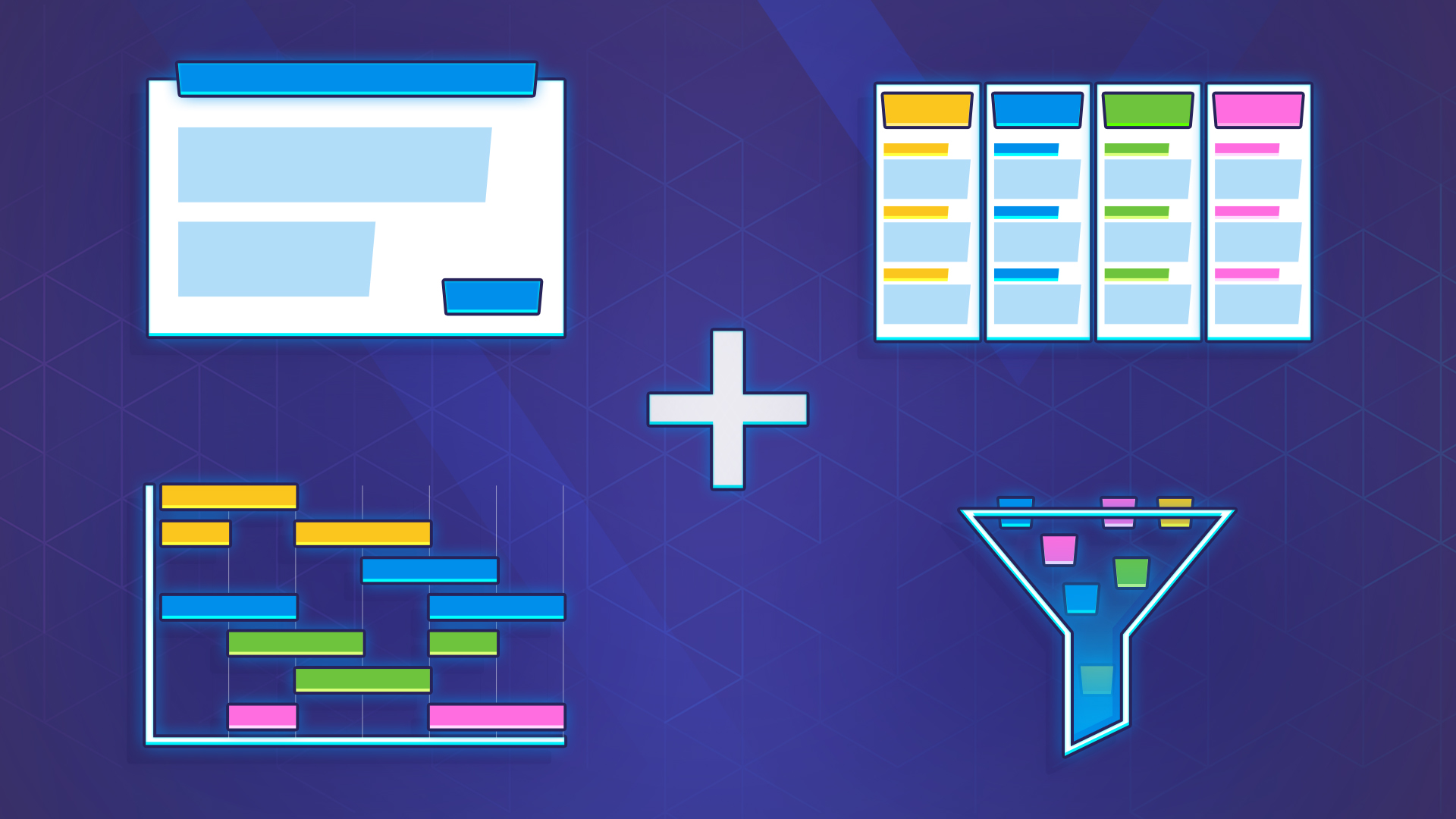
Introducing The New Issue Creation Update for External Share
In the world of project management, collaboration is crucial. Every day we face new challenges and issues we need to overcome. Now it’s easier for your external collaborators to communicate them to your team. We’re excited to present the latest enhancement to the External Share for Jira: the Issue Creation update. This update enables external users to create new issues on shared boards, timelines and filters, streamlining collaboration and project success.
Boost Team Collaboration with Jira's Smart Checklist + External Share Integration
“Coming together is a beginning, staying together is progress, and working together is success.” Henry Ford Effective teamwork and collaboration lie at the heart of any successful project. Acknowledging this truth, the tools available in the Jira ecosystem continuously evolve, providing new opportunities for seamless collaboration. Today, we are focusing on a particularly exciting development: the integration between Smart Checklist and External Share . This powerful combination is set to transform the way teams work together.
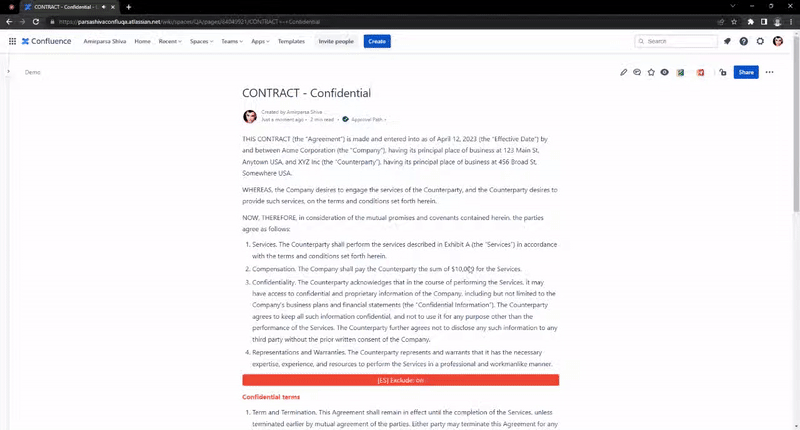
Mastering the Art of Selective Sharing
Sharing made simple: exclude content with ease Hey there, fellow Confluence enthusiasts! Do you ever find yourself needing to share a Confluence page with someone outside your organization, but there’s just that one piece of sensitive information you’d rather keep under wraps? Well, fear not! Today, we’re diving into the magical world of the “exclude content macro” in the External Share for Confluence add-on. Get ready to become a selective sharing maestro!

Enhance collaboration with External Share's Timeline Share feature
Collaboration is the key to success, and Timelines are the key to collaboration. Hey there, are you struggling to collaborate with your clients and partners on Jira Timelines? Well, fret not, my friend! Let me introduce you to Timeline Share, the newly introduced feature to External Share, the ultimate feature that enables Jira users to share their Timelines with external stakeholders without breaking a sweat. Create and Customize Timeline Share operates differently from your standard share feature.
Streamlining Your Approval Process with Automation in Jira
Simplify your workflow and save time with just a few clicks. Why automation? Do you find yourself constantly starting approvals manually for each issue in your project? Do you wish there was a way to automate this tedious process? Well, we have great news for you! In this blog post, we will guide you through the steps to automatically start an approval path for any issue that goes through a specific status transition.

Popular Confluence Macros That External Users Can See
Atlassian’s new public links feature lets you create a special URL directing to a safe, read-only version of a Confluence page, and share it with someone who doesn’t have a Confluence license. It’s similar to our Atlassian Marketplace app, External Share for Confluence , except its functionality and security options are much more limited. One big functionality limit with the native links feature is that you can’t share many of Atlassian’s own Confluence macros, and you can’t share *any *3rd party macros.

Making Sure Your E-signatures Are Legal Worldwide
Electronic signatures were in use long before the pandemic, and their legal standing has been defined in various statutes since around 2000. But they used to be a strategic asset: a flexible, fast, green, international relations booster. Then the lockdowns happened, wet ink signatures became unworkable, and e-signatures turned from an asset into a necessity. A survey of US business owners and individuals by airSlate showed that the use of e-signatures among businesses surged by 50% during 2020.
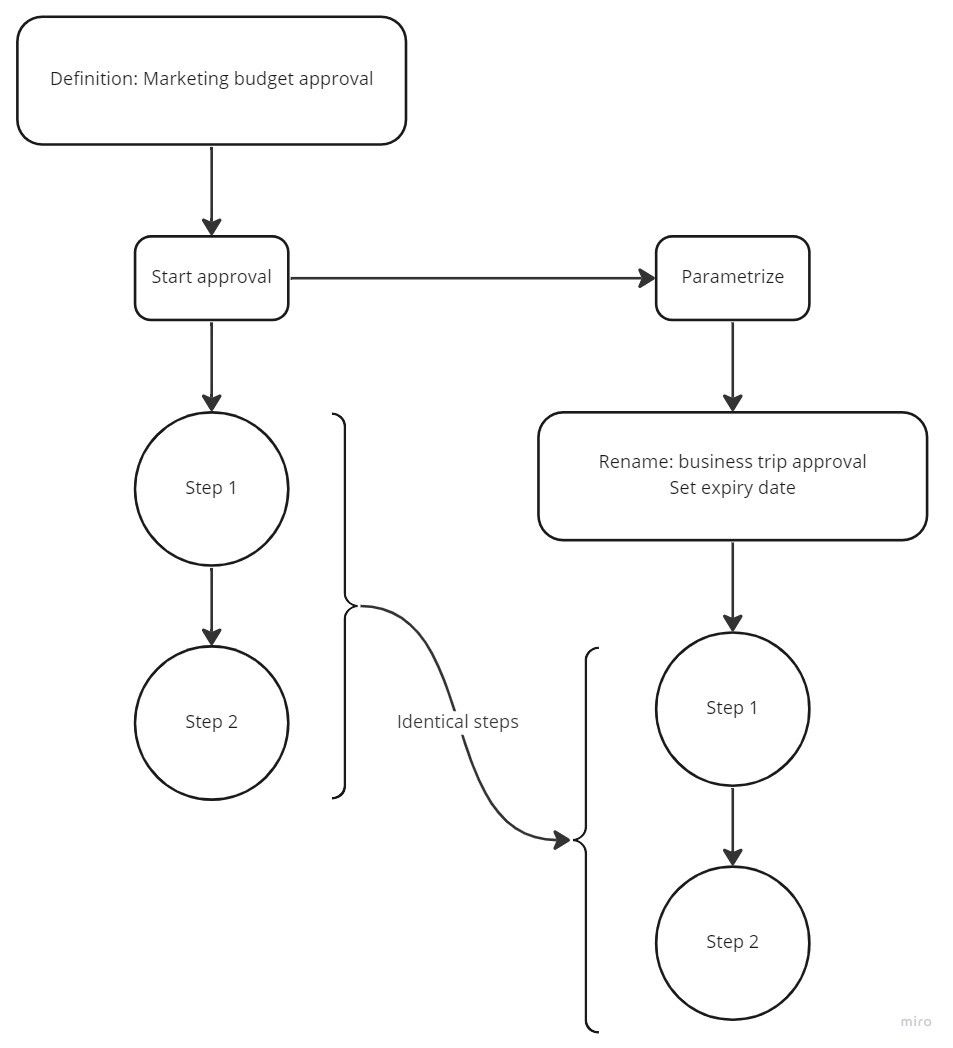
Approval Path start parametrization
It’s about convenience and more! What is parametrization? In this context, parametrization is a rather fresh feature of Approval Path, and we think it could boost user experience a lot! Well, at least for users that use Approval Path more excessively. Here is why! Functionalities Parametrization will allow you to re-use an existing path (definition) while you conveniently rename the approval just before you start it! Also it allows you to set expiry dates.
Issue filed steps - email edition
Life is dynamic, so are we! What are issue fields If you already know the answer, skip this part! As the name suggests these are fields inside each issue on Jira, to name a few, The description field The assignee field The reported field All of these are standard issue fields in Jira, you can also have “Custom” fields. Custom fields can be placed upon your need, there is are many custom fields available on Jira but you will need to know only a few to take advantage of Approval Path’s dynamic features!
Approval Path for Confluence - Now free of charge
Fast, reliable, secure, and now FREE! I am thrilled as I write this blog! Approval Path for Confluence is officially free of charge now, regardless of your company size! How come?? The decision was made by taking many factors into consideration, although what ignited the idea is promotion. We know the amount of work and effort that is put into Approval Path as well, and we know that Approval Path is a solid solution to many projects in the Atlassian ecosystem.
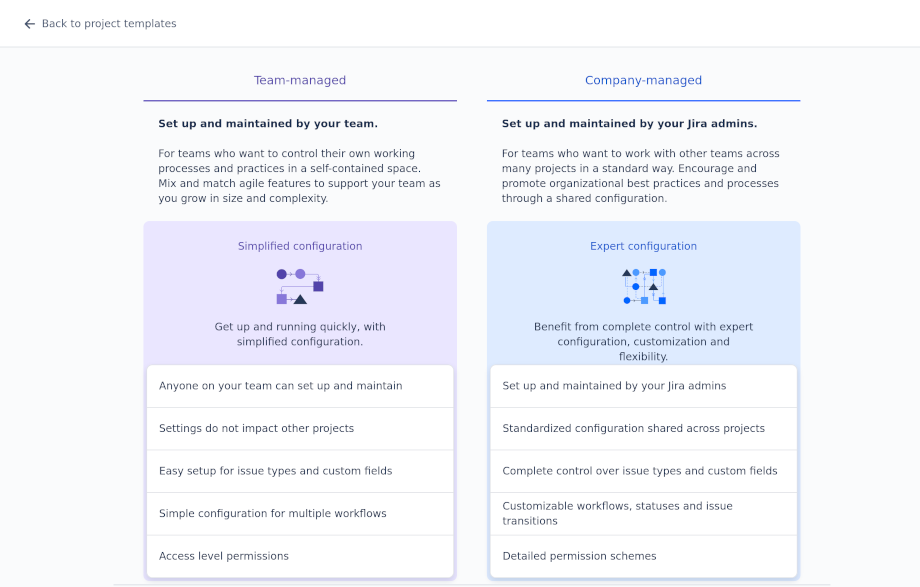
Jira projects templates
Jira is one of the most popular issue tracking and project management software. When released in 2002, it was designed as an issue tracking platform for software developers. It has become more popular, so Atlassian expanded the Jira platform and gave users a choice between Jira Software, Jira Work Management and Jira Service Management. Each product is targeted at a different group. Jira Work Management is aimed at non-technical teams. Jira Software is designed for software teams: developers, QA, scrum masters, project managers, etc.
Multiple approvals
You asked, we care, we listen and now we deliver! The time has come yet again for a new feature! A feature YOU asked for! If you are using the Approval Path, you have likely considered this feature at some point in your experience. Why can’t I just run multiple paths instead of only one?🤔 Well, that is no longer the case! What is Approval Path and why it matter?

External Share for Confluence versus Atlassian's Guest Users Feature
Atlassian recently announced their Confluence guest users feature and people have since been asking us: what’s the difference between the built-in feature and our app, External Share for Confluence ? Before we go into detail, here’s a handy comparison table, showing the differences in a nutshell. Now, let’s dive into the details… What is Atlassian’s Confluence guest users feature? With this new feature, you can have 5 free guest users per licensed user added to a specific space in your Confluence instance.
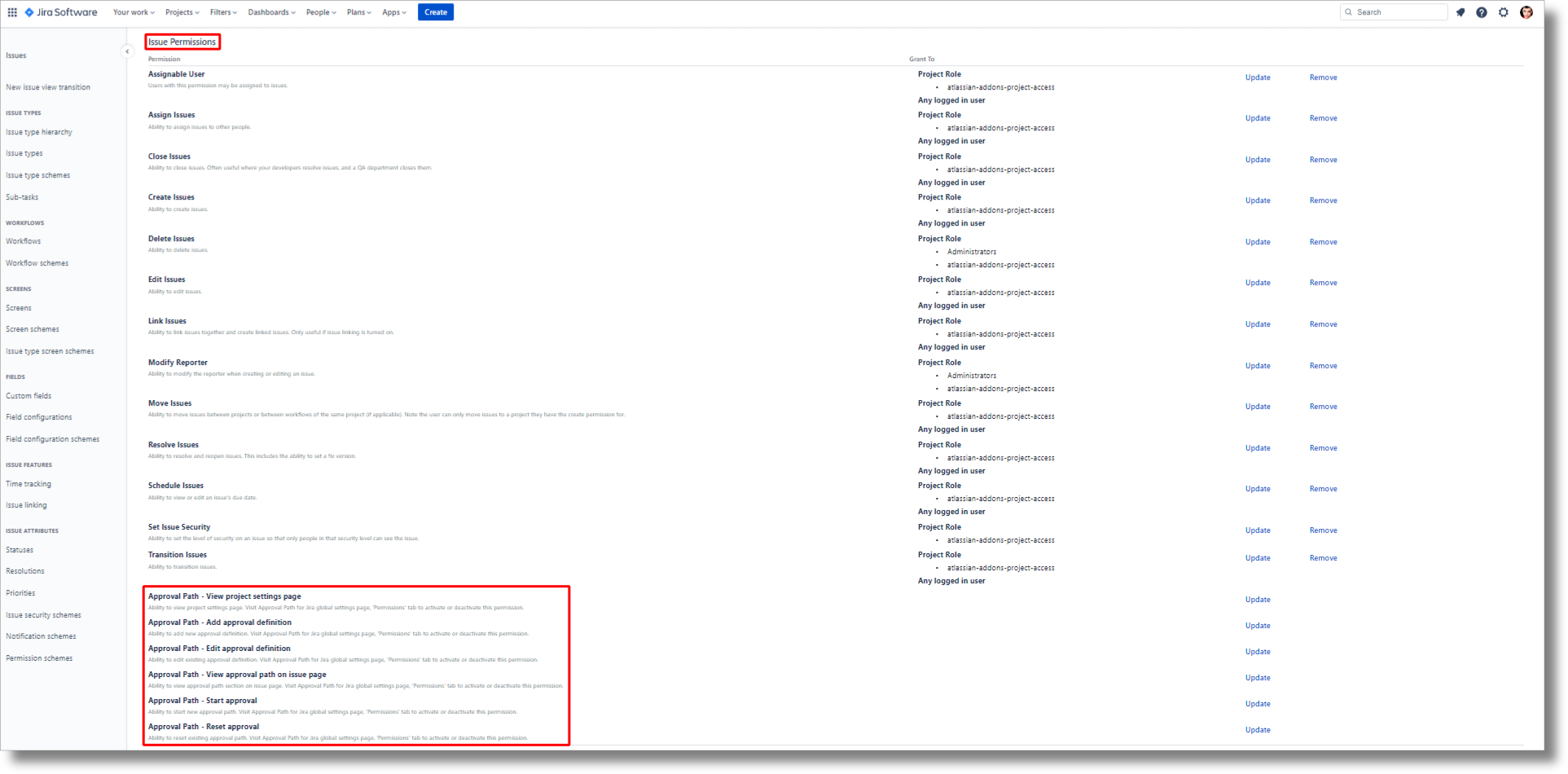
Permission flexibility!?
We have a new and rather EXITING update!!! (on both Jira and Confluence) We’ve been working around the concept of approval path for quite some time, if you are a user of Approval Path, you probably work in an environment where permission hierarchies play a role, hence the need of approvals! So, what’s the update and how can it improve your experience!?! Permission schemes That’s right!!! You can now limit or extend the access of users to approval path capabilities, you can create more flexibility around the approval path by allowing more users to interact with the path or you may wish to limit access restrictions further to have a more focused group of users handle the approvals.

Add Signatures to Jira Issues with the New E-Signature App
Jira issues just got a LOT more exciting. These already awesome little tools for assigning and tracking work can now be transformed into quick legal contracts in a few clicks. Warsaw Dynamics’ newest app, Contract Signatures for Jira , makes it possible for internal and external users to add their signature to a Jira issue and formalize their agreement to the work described in it. And yes, you heard right.

Approval path with external user participation
Usually, an approval process takes place within the organisation. However, in some cases, a decision from someone outside your Jira or Confluence is needed. There is no point in adding this user to your instance when there is an easier and faster solution provided by the Approval Path apps, which is the email step. All you need is a decisive person’s email address, on which will be sent a call for action message.

Big update pack
We are constantly developing our apps to make them more useful. Lately, we added some improvements to the Approval Path for Jira and the Approval Path for Confluence. Let’s walk through some of them. Parallel group In response to customer requests, we added the parallel group to both the Approval Path for Jira and the Approval Path for Confluence. It allows all users added to the group to approve or reject parallelly.

How to Share Your Jira Agile Board with External Users
There’ll be times when you want to share a bunch of Jira issues externally without buying extra licenses . Maybe you’re working on a project with an external partner or contractor that has multiple issues requiring the external user’s attention. External Share for Jira allows you to give external users secure, temporary access to those issues in three ways: Create External Share links to each issue individually Create an External Share link to a list of issues using Jira Query Language (JQL) Create an External Share link to an entire Scrum or Kanban board If you have a lot of issues to share, you probably don’t want to go down route one.

Custom Domains for Confluence and Jira: The Ultimate Workaround to End Your CLOUD-6999 Woes
The Atlassian Community has been hankering after custom domains for Confluence and Jira for absolute yonks. It’s difficult to offer continuity of service – not to mention disorienting for the customer – when you’re directing them to a website that’s not your company’s in order to view your resources and documentation. You’ve probably heard of the famous CLOUD-6999 Jira ticket . Behind it lies a tale of woe and despair.

Example uses of the approval process
With the growth of the company, comes a moment when standardization of the approval process becomes necessary. It could be a moment, when different people are responsible for the decision and realisation, or when reaching each approver becomes too time-consuming. The approval process can be carried out in an outdated way - with emails, PDFs, Word documents, or at worst, on paper… But luckily we can use approval management apps like Approval Path for Jira and Approval Path for Confluence to improve the process.

Achieving a Single Source of Truth in your Organization
Single source of truth (SSOT) is a concept used to ensure that everyone in an organization makes decisions based on the same data. In document management terms, it’s about centralizing all relevant and up-to-date documents about your company and projects so that they’re accessible from one place. Why is it important? Because if your teams are storing important documents in personal inboxes or saving them to desktops and folders that no one else can access, they’re effectively hiding information from the rest of the team.
Approval Path vs Build-in Jira Approval solution
Jira’s only built-in functionality to set up an approval process is in the Jira Service Management. Approvals in Jira Service Management are associated with the workflow. While this is useful, it also creates some limitations. In this article, we will look into the differences between the approval processes in the Approval Path and in the Jira Service Management Approval Path Jira Project types Any kind of project Jira Service Management Number of steps As many as needed One approval - one step Step types User, Group, Issue Field- User, Issue Field- Group, Email, Webhook User, Group Approval definitions ✔ ✘ Path visualisation Clear, legible Illegible Project types The Approval Path app allows you to run the approval in any type of issue in any type of project, unlike Jira’s native approval process which can be used only in Jira Service Management, only in issues that have approval added to a workflow.

How to Make, Manage, and Sign Contracts in Confluence
Lots of the organizations we encounter are using Microsoft Word, Google, Adobe, SharePoint, and various other tools to create, collaborate on, and store their agreements. Many of these tools don’t integrate with each other, putting teams and their data into silos. Silos that breed delays and replication in the contract management process. With so many more people now working remotely, silos are becoming harder to maintain. Increasing numbers of organizations are looking to centralize their data and achieve a single source of truth in order to alleviate the confusion and poor data quality that comes from having distributed teams spread across time zones, all working off different information.

With Automation, Dark Mode, Custom Domains & More, External Share is Basically A New App
Our team have added so many new features and improvements to External Share for Jira and Confluence over the past few months that what customers are getting now is effectively a brand new app. Let’s walk through some of the additions. Automated Share Management We would all rather be doing things that are valuable. Things that make us money. Admin tasks don’t make us money. They make usbored. This is why we’ve added a new Automated Share Management feature to External Share for Jira .

Digitally Sign Contracts in Confluence with Warsaw Dynamics' Brand New App
Confluence is already an ideal place to be creating, managing, and storing your contracts . Of course, the most important feature of any contract is the signatures of the parties. It’s not an agreement till someone agrees to it. And yet, there’s no way of digitally signing contracts inside Confluence. You’d need to export it and use another digital signature tool like DocuSign, taking the process and the audit trail outside of the platform you’re working in.

Controlling Who Sees Your External Share for Confluence and Jira Links
Companies have been asking us for a way of restricting which users can see their External Share for Jira and Confluence links. Previously, you could create a secure link to your Confluence page or Jira issue and share it with a chosen person outside your instance. That link was always safe from a randomer on the internet finding it, thanks to its unguessable 16-character URL. It could be protected further by adding a password, making the page or issue inaccessible to anyone without it.

How to Customize your External Share Email Templates
After creating an External Share link to a Confluence page or Jira issue, there are two ways to share the link with a user outside of your instance: Copy the URL of the External Share version of the page or issue and paste it into an email or instant message. Click “Send via email”, which will send your External Share link to the email address you enter using an email template.

How to Share Jira with External Users (Securely)
As Jira grows ever more ubiquitous, it’s increasingly necessary for larger and more diverse groups to communicate and collaborate on projects in real-time. The ancients’ rituals of emailing screenshots are embarrassingly outdated for software-enabled teams that bought Jira to avoid email-chain siloes and the disheartening disaster of discovering efforts have been duplicated due to a lack of real-time project management. Fear not! There are three options for collaborating securely with external users in Jira:

4 Ways of Sharing Confluence Content
If your organization is using Confluence, it’s likely that you’ve been asked how to share the content you’ve created. There are a lot of reasons you may want to share Confluence pages, e.g. you may need to collaborate with someone on the content, or deliver it to someone inside or outside of your organization. Understanding the different options for sharing from Confluence is essential and you’ll probably end up using a combination of them, depending what you’re doing.
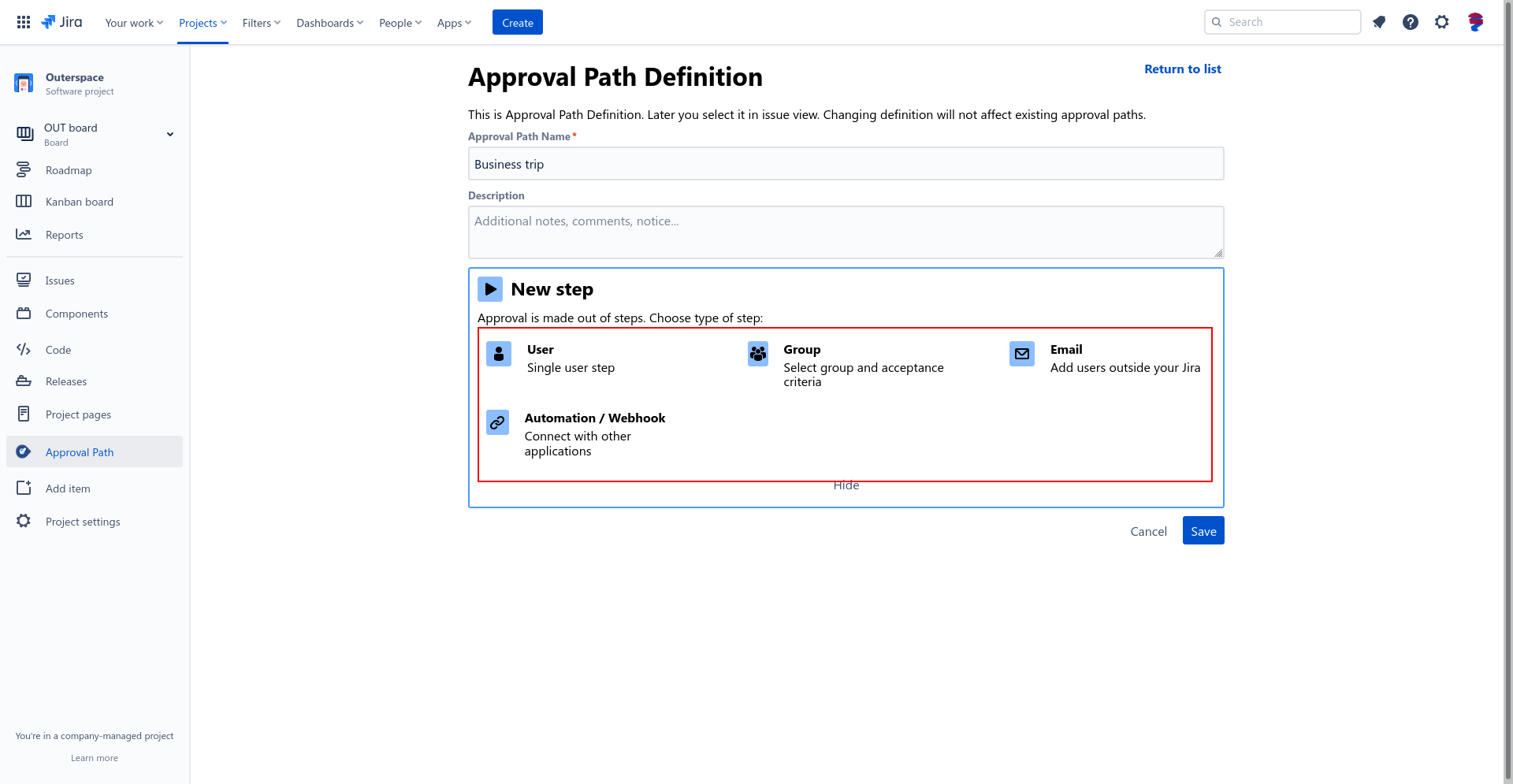
How to manage approvals in Jira – a step-by-step guide
Approvals in Jira have become as necessary as workflows and boards. This is thanks to increasing adoption among business teams like HR, operations, legal, and procurement, for whom approvals are an everyday function. And yet, there is no native functionality for approval management in Jira itself (apart from in Jira Service Management, and it’s not very good). This is why we have built Approval Path for Jira, an app that lets you create as many project-specific templates for approving a piece of work as you like.

Approval management is the missing piece of the Jira toolset
Approval Path for Jira Native Jira’s only approval management functionality is in Jira Service Management (JSM), and we’re being kind when we say it’s, urm, not the best. In Jira Software and Jira Work Management (JWM), a workaround is your only option for getting a process, proposal, or purchase approved within Jira. And yet, it’s something users are frequently asking for help with on the Atlassian community, specifically, how to add an approval step to a Jira Software or JWM project.

Wanna See Some More? Now Your External Users Can Become Watchers on Jira Issues
A new feature has just launched in the cloud version of our External Share for Jira app. We call it ‘External Watch’. External Watch lets your external users subscribe to the issues you’ve given them access to. That’s good for them because it saves them time. It’s good for you because it makes collaboration more immediate so that work can progress faster. For the uninitiated, External Share for Jira gives external users secure, temporary access to a live Jira issue by generating unique links with optional passwords and time limits, and easy-to-specify permissions.



